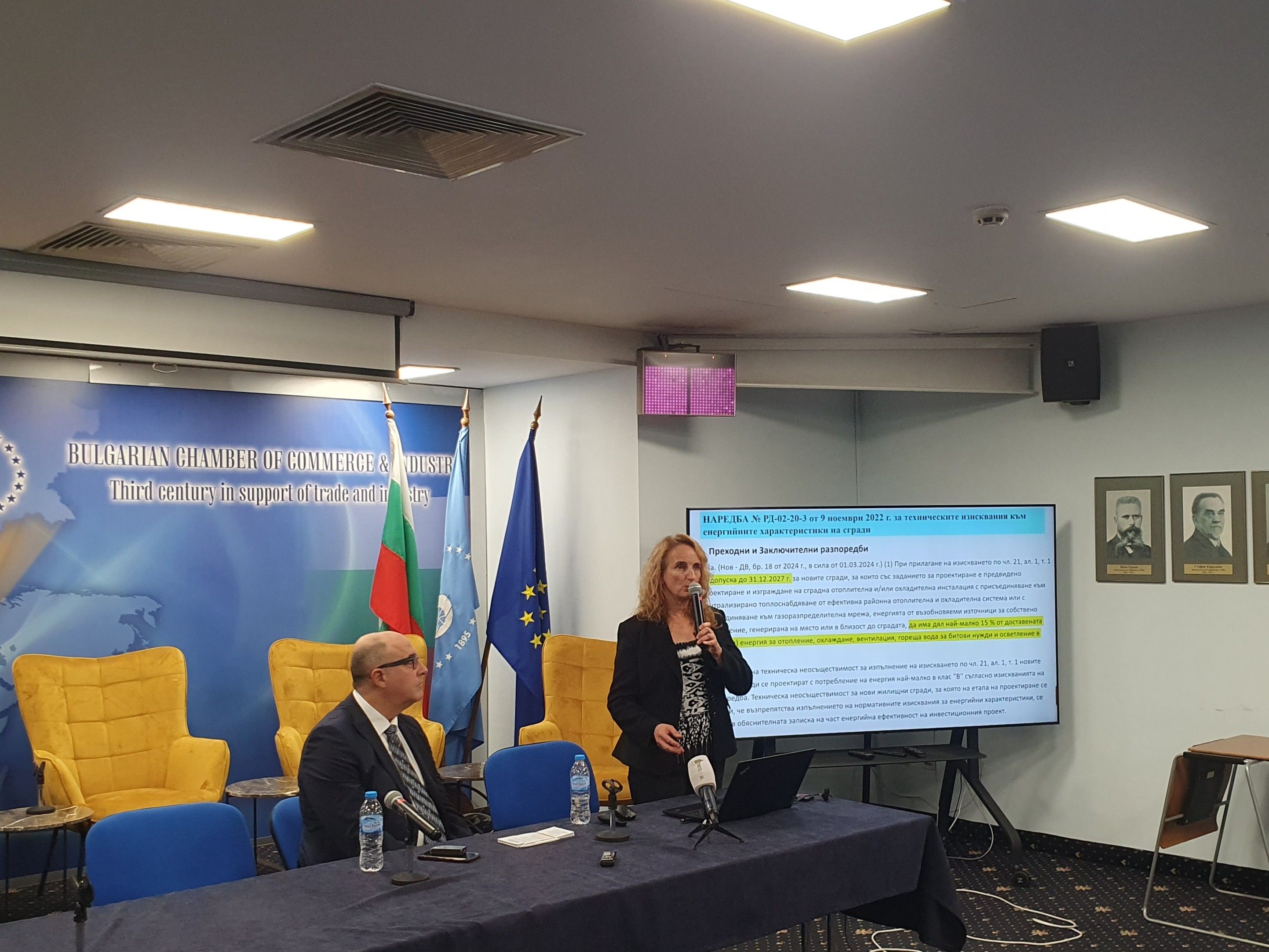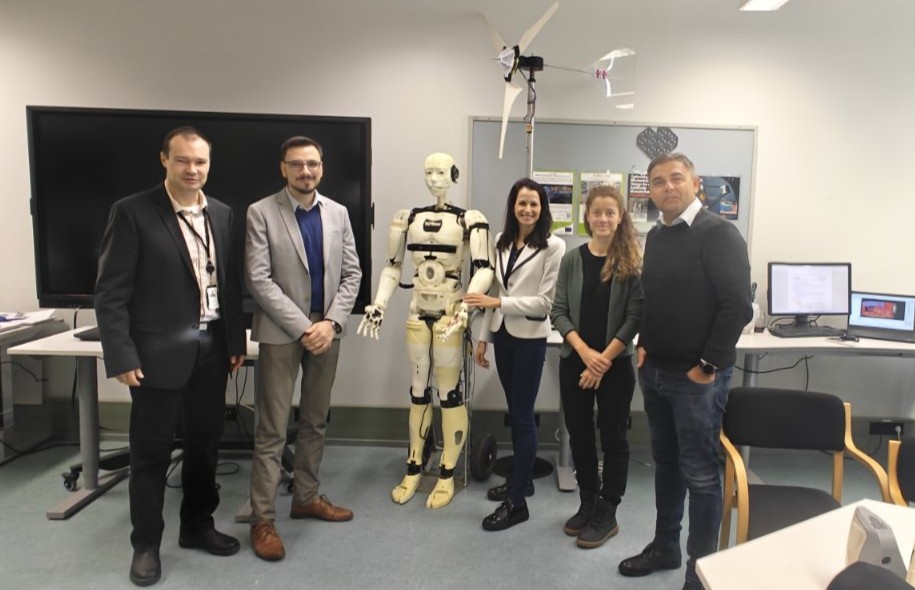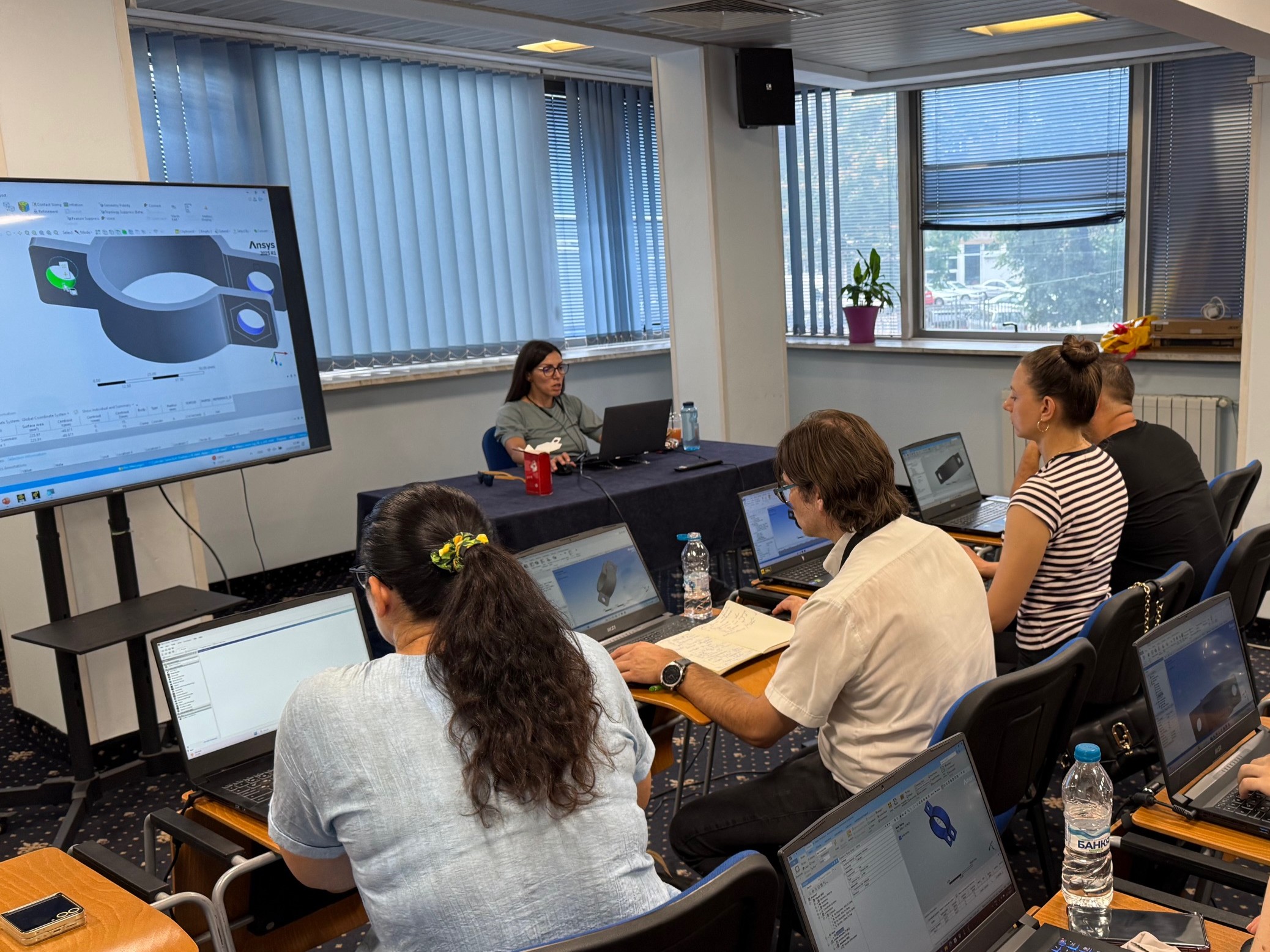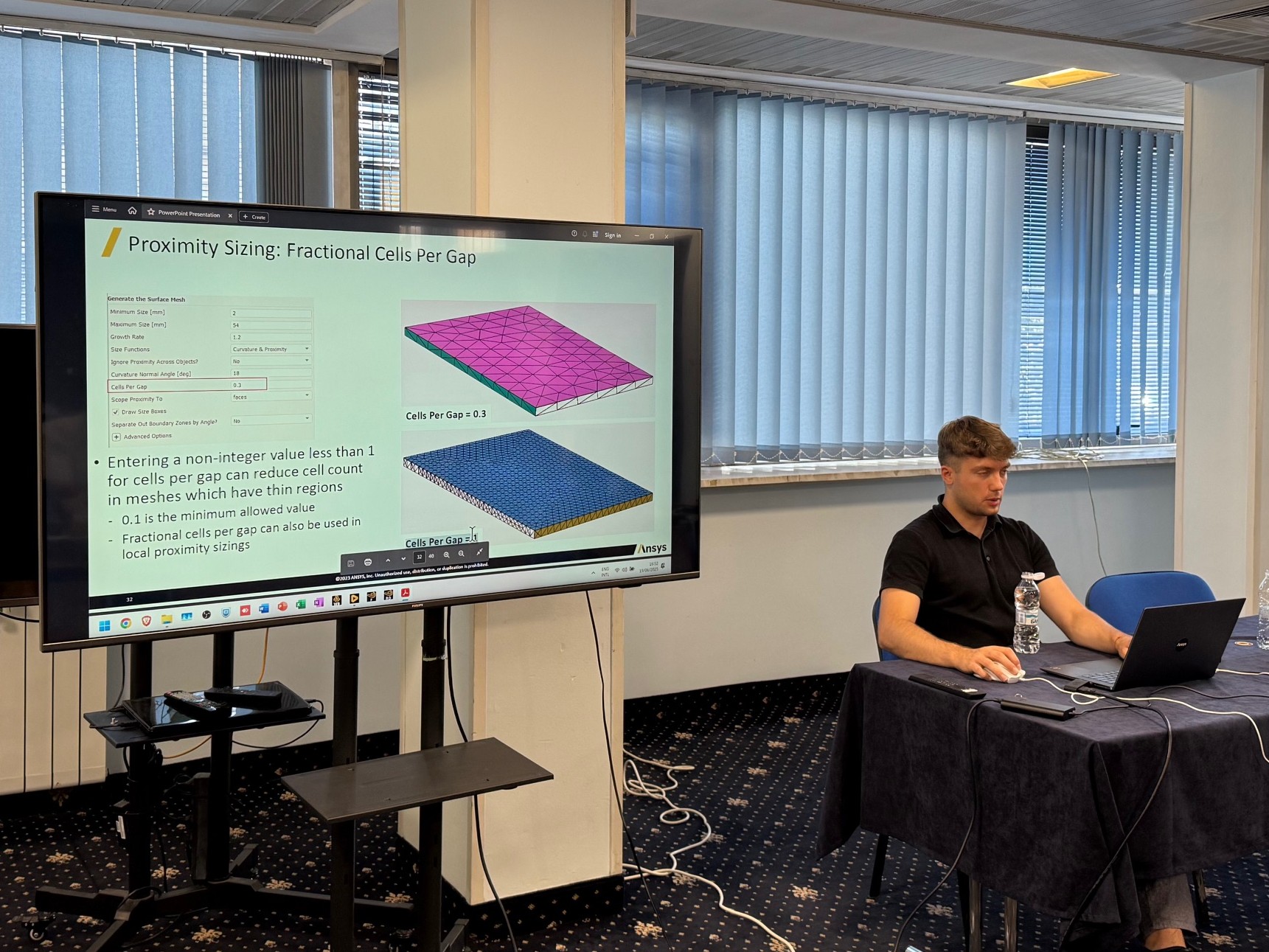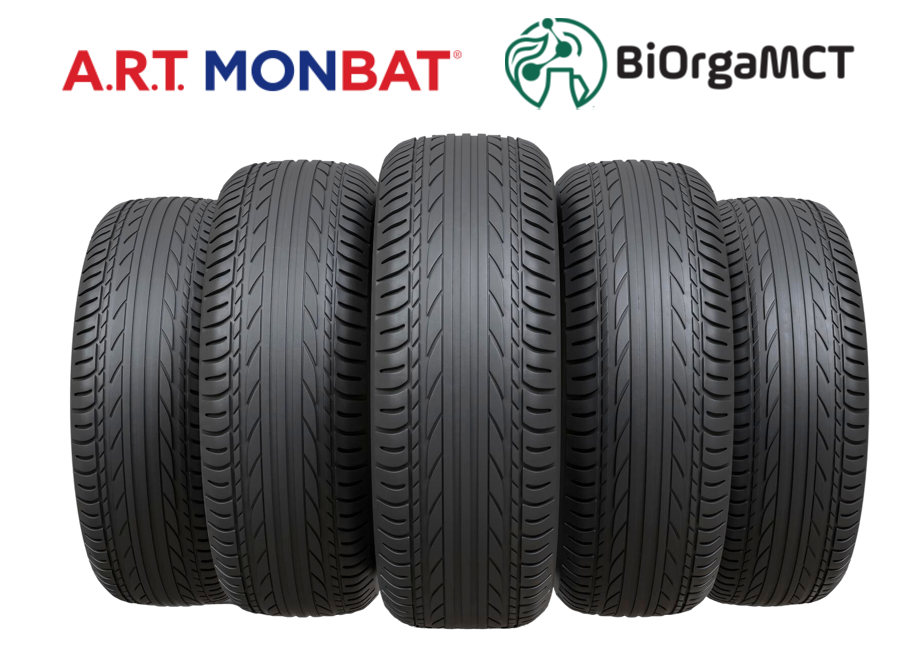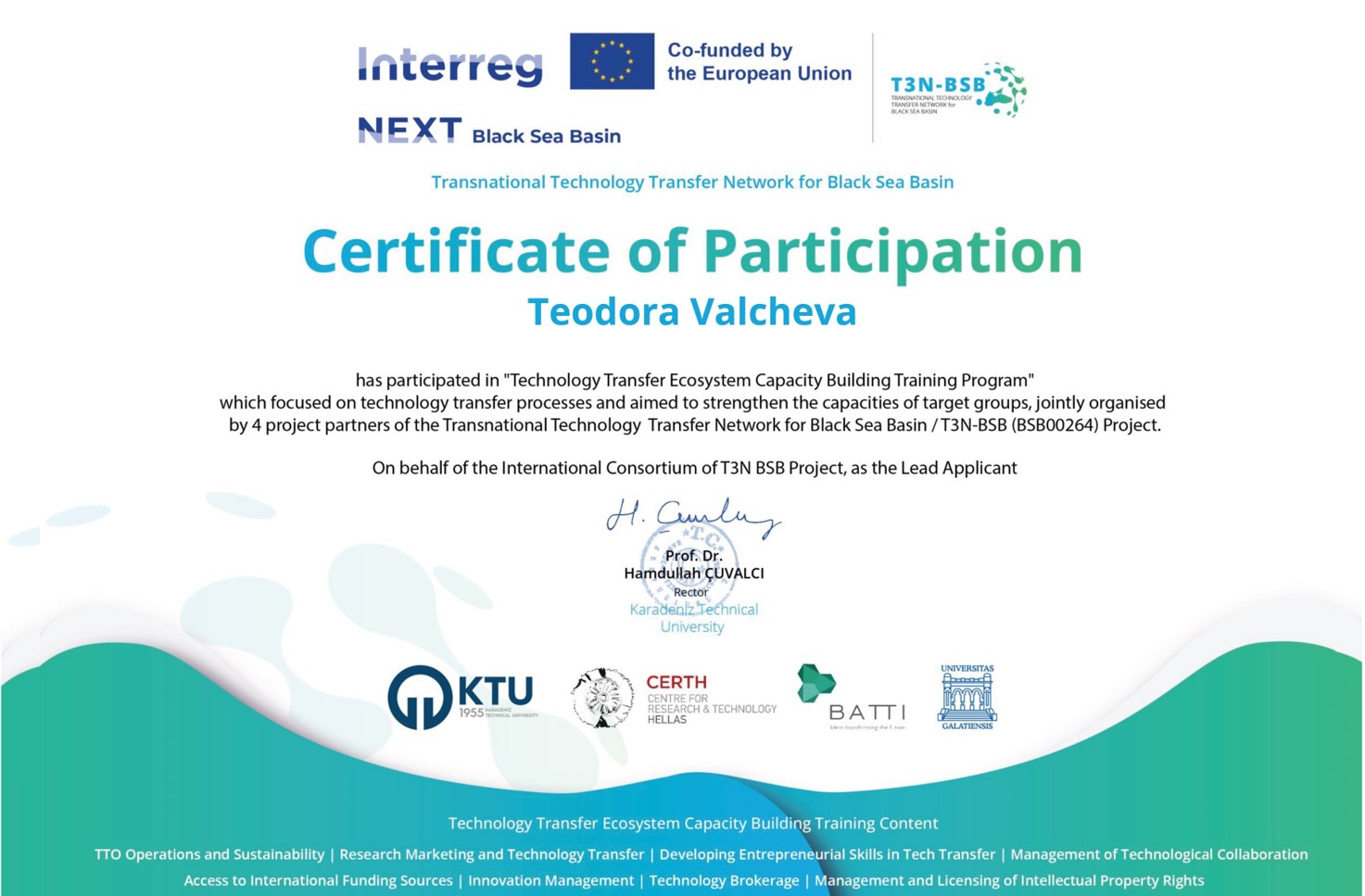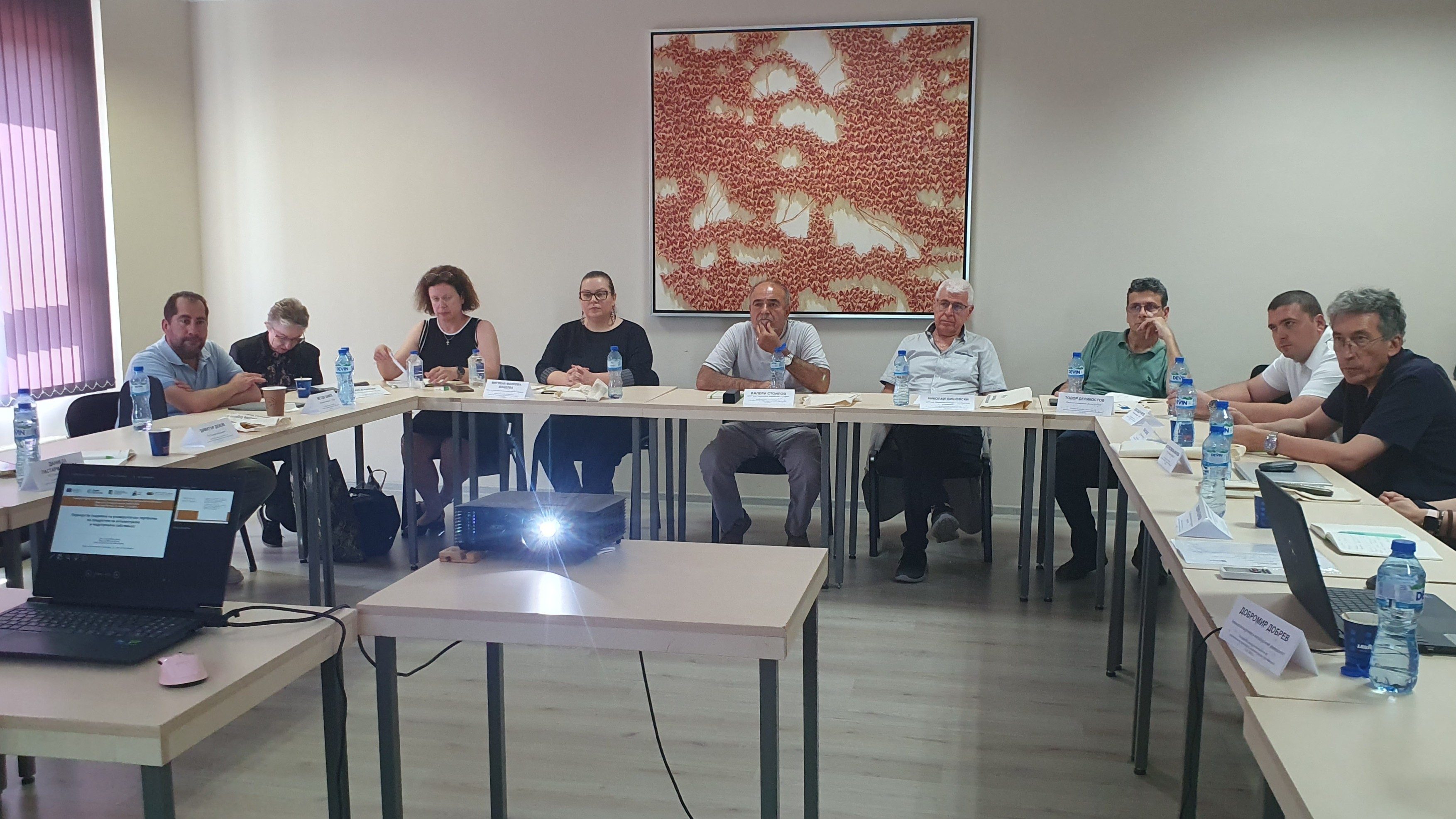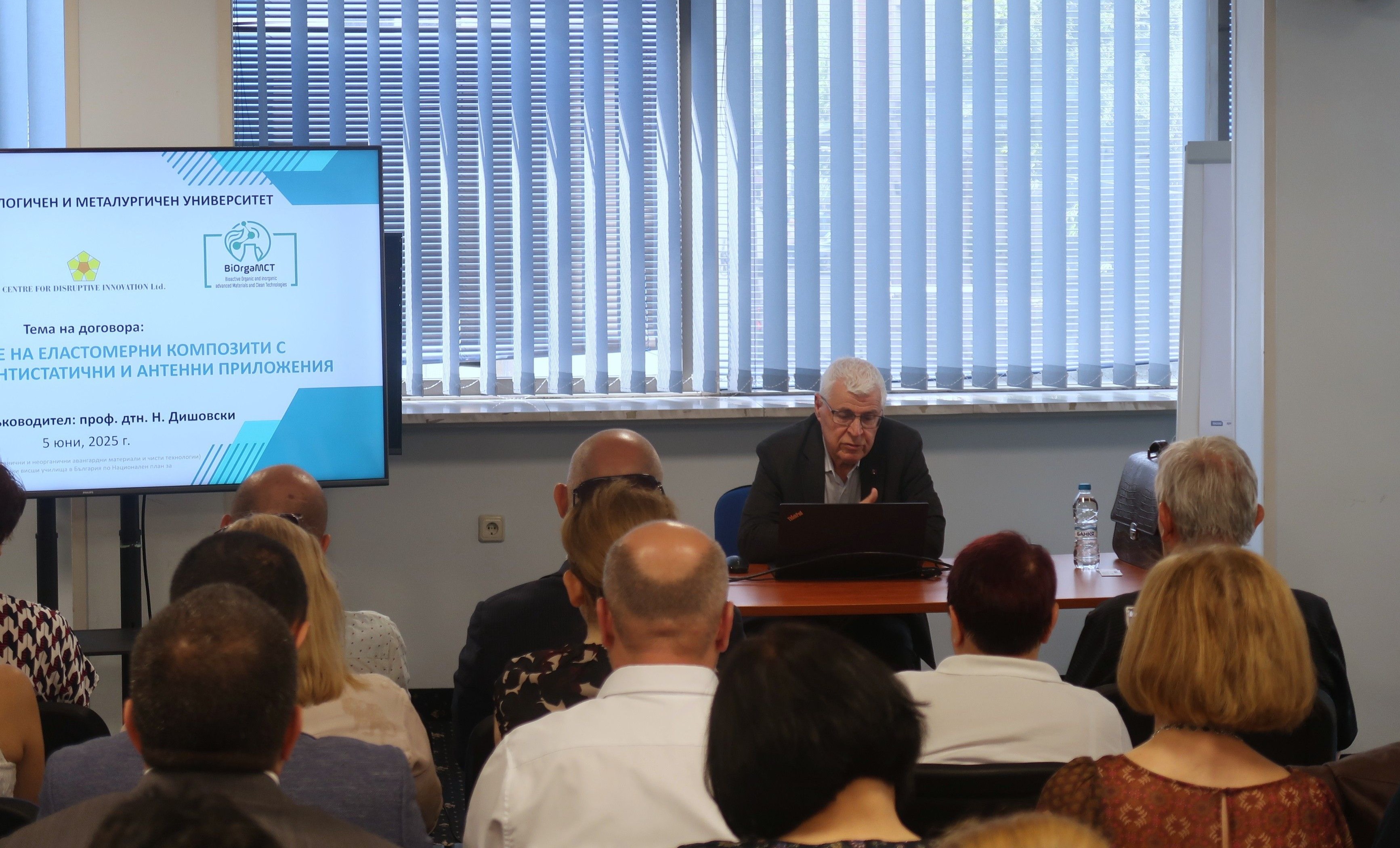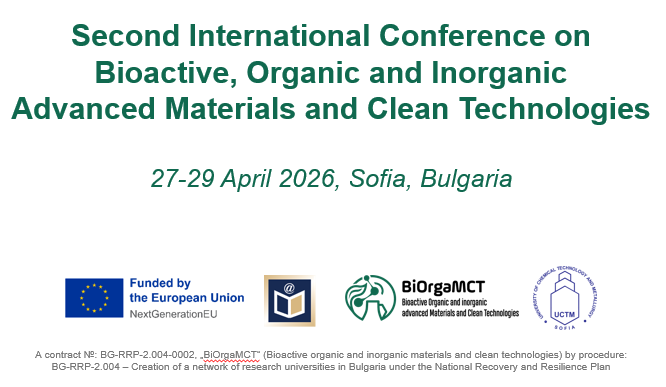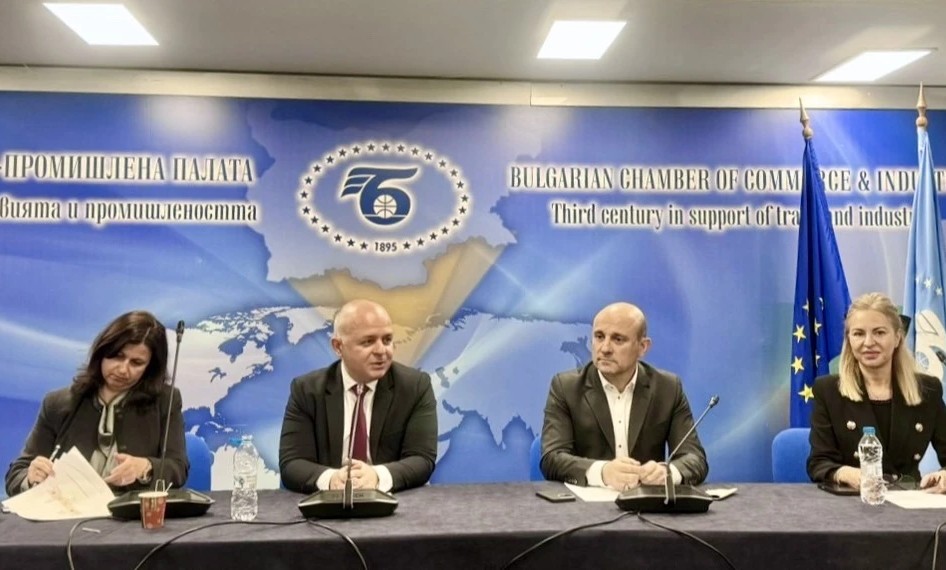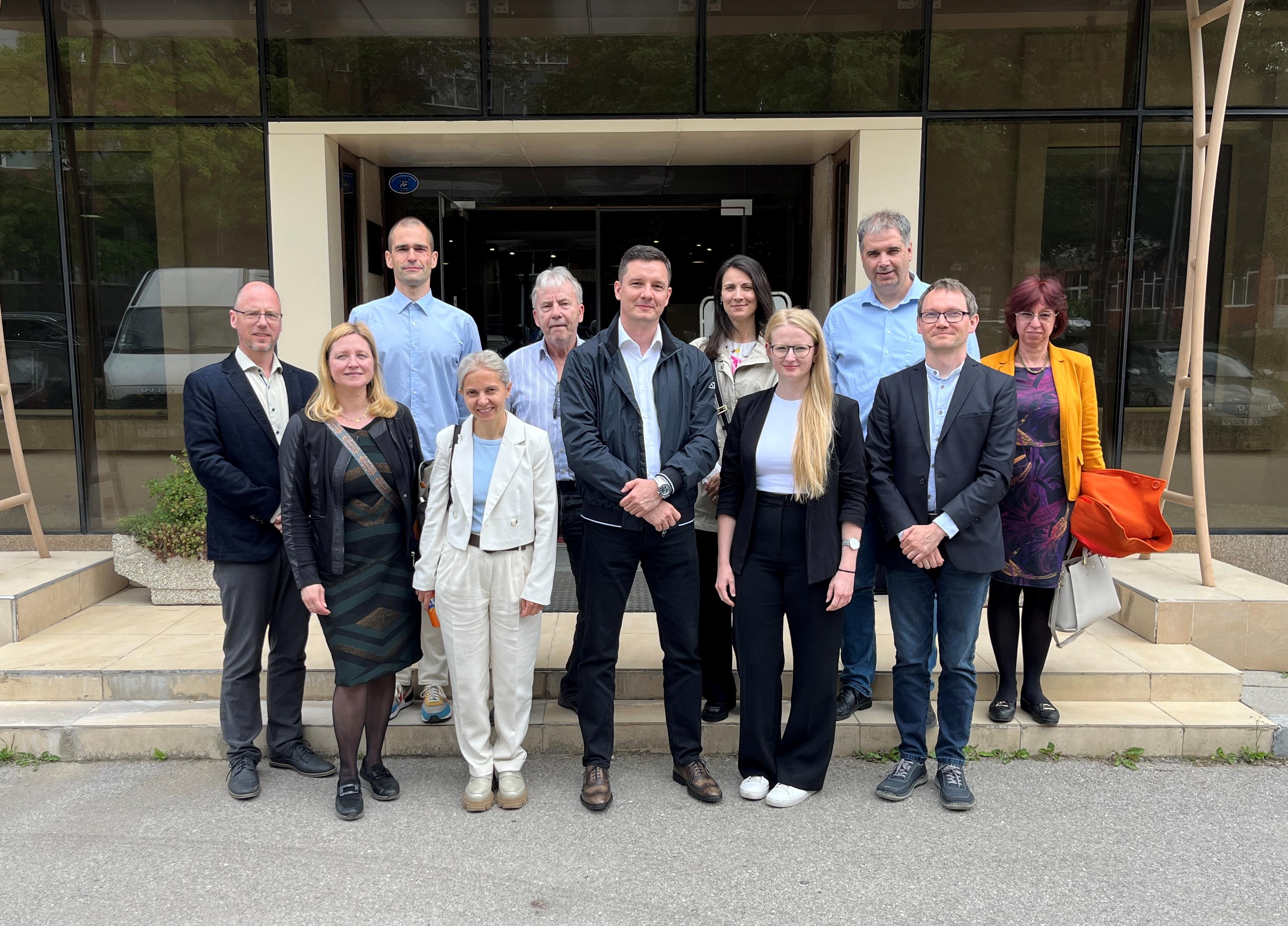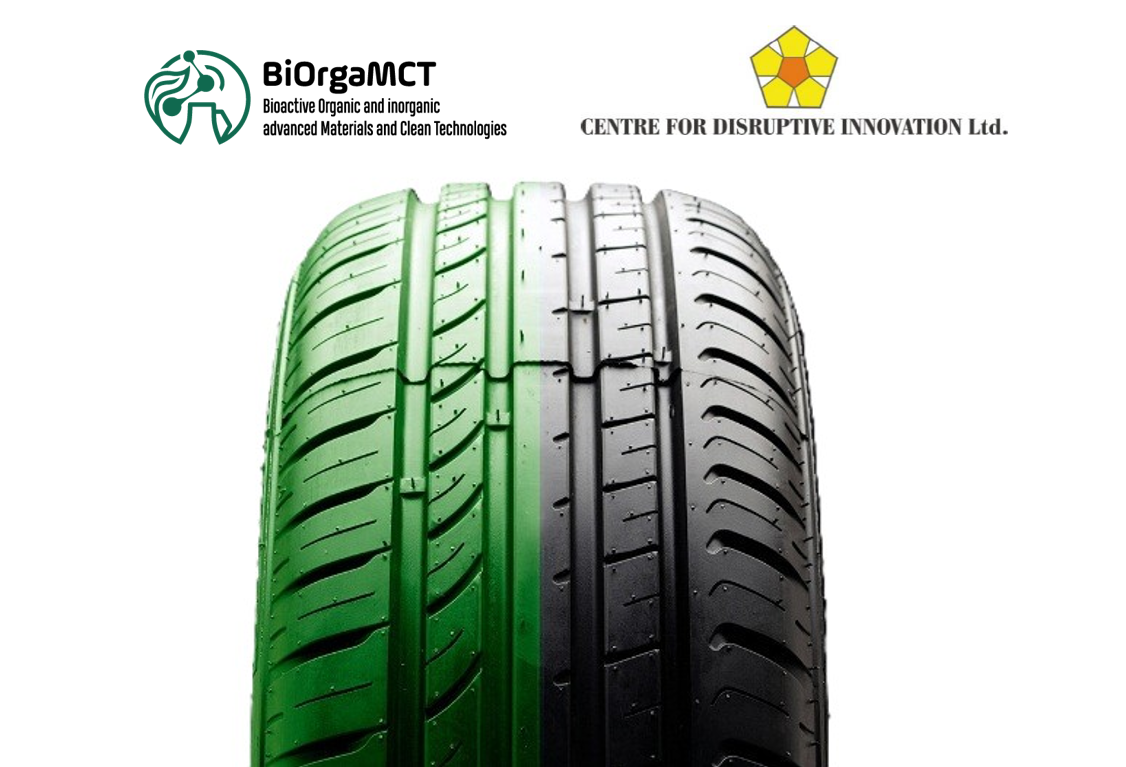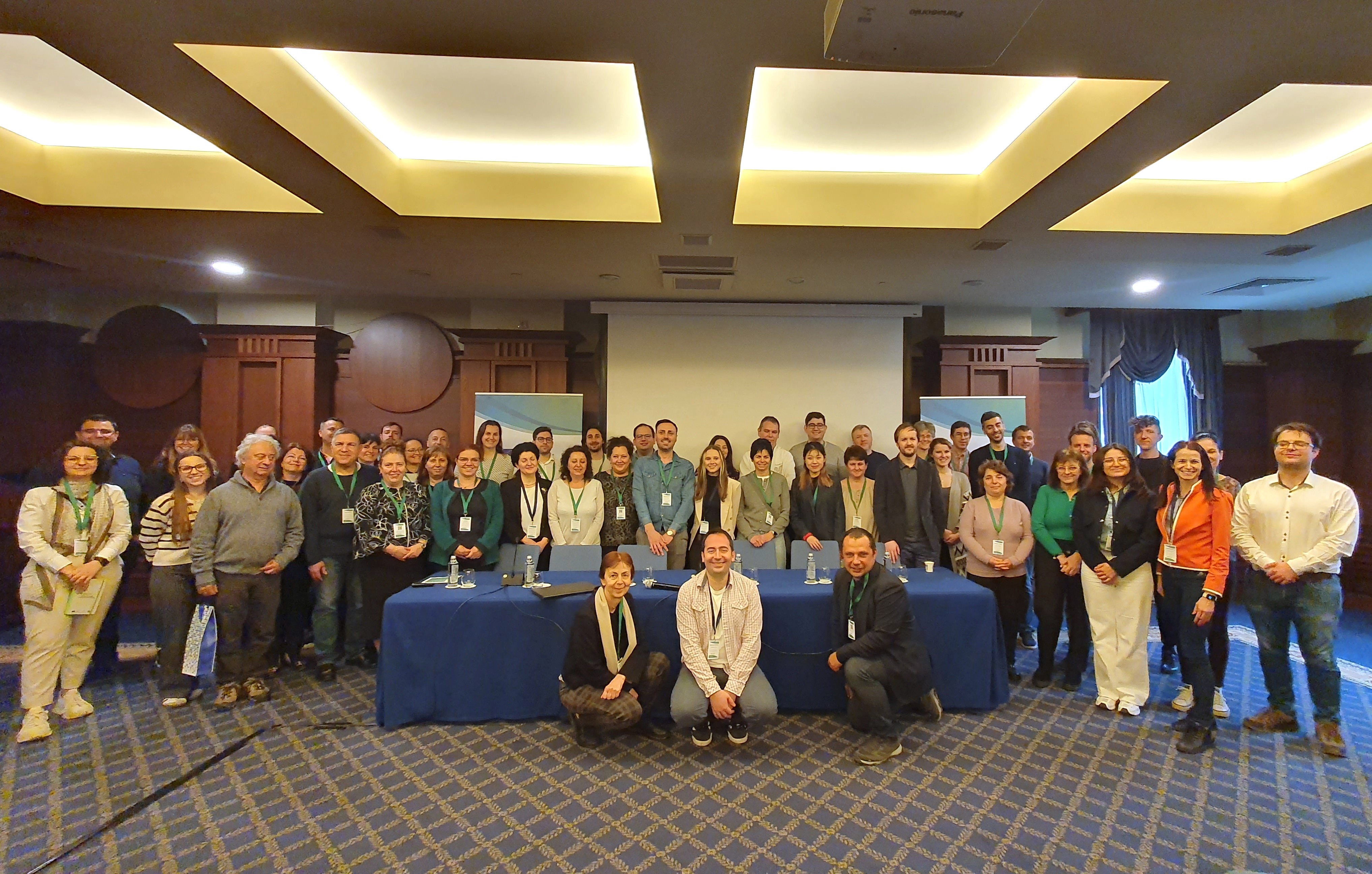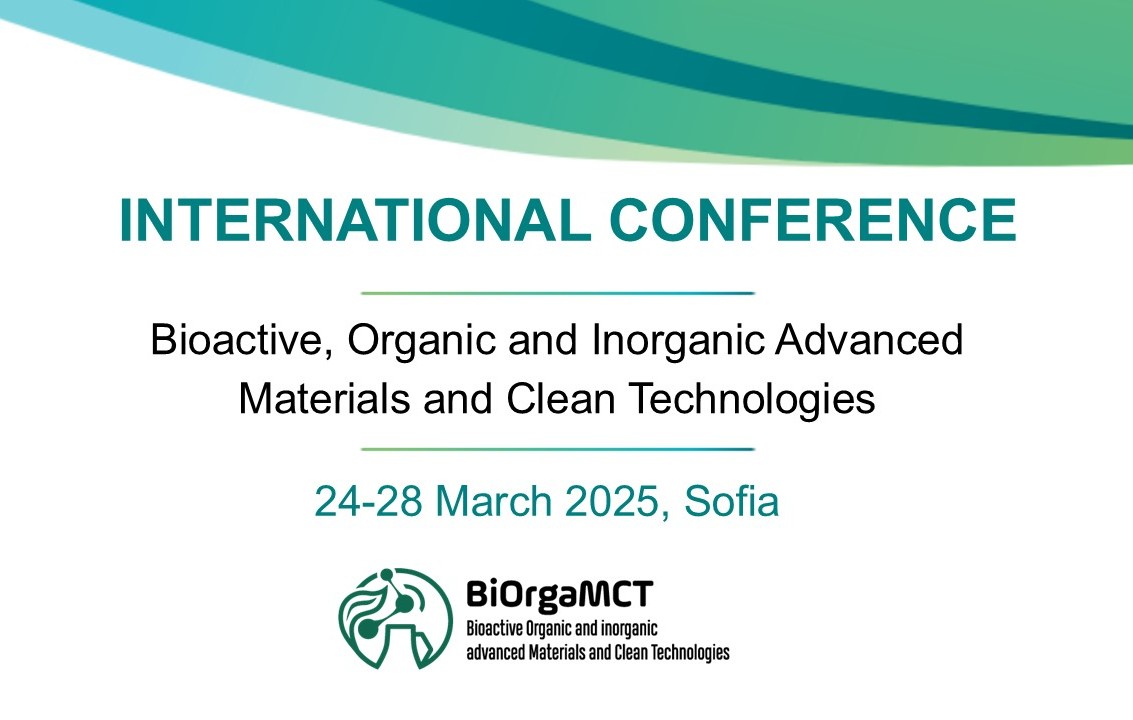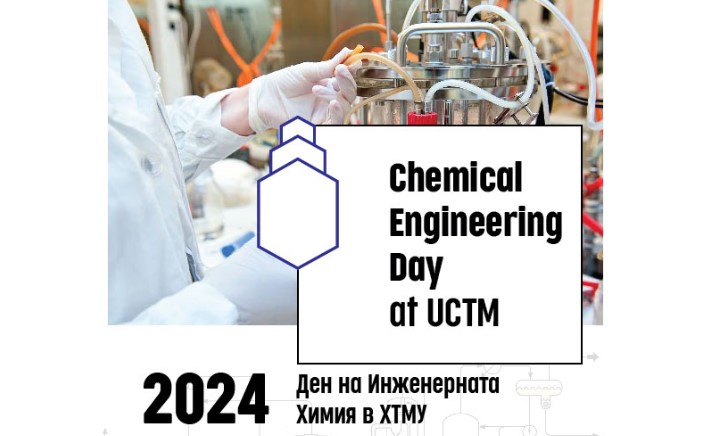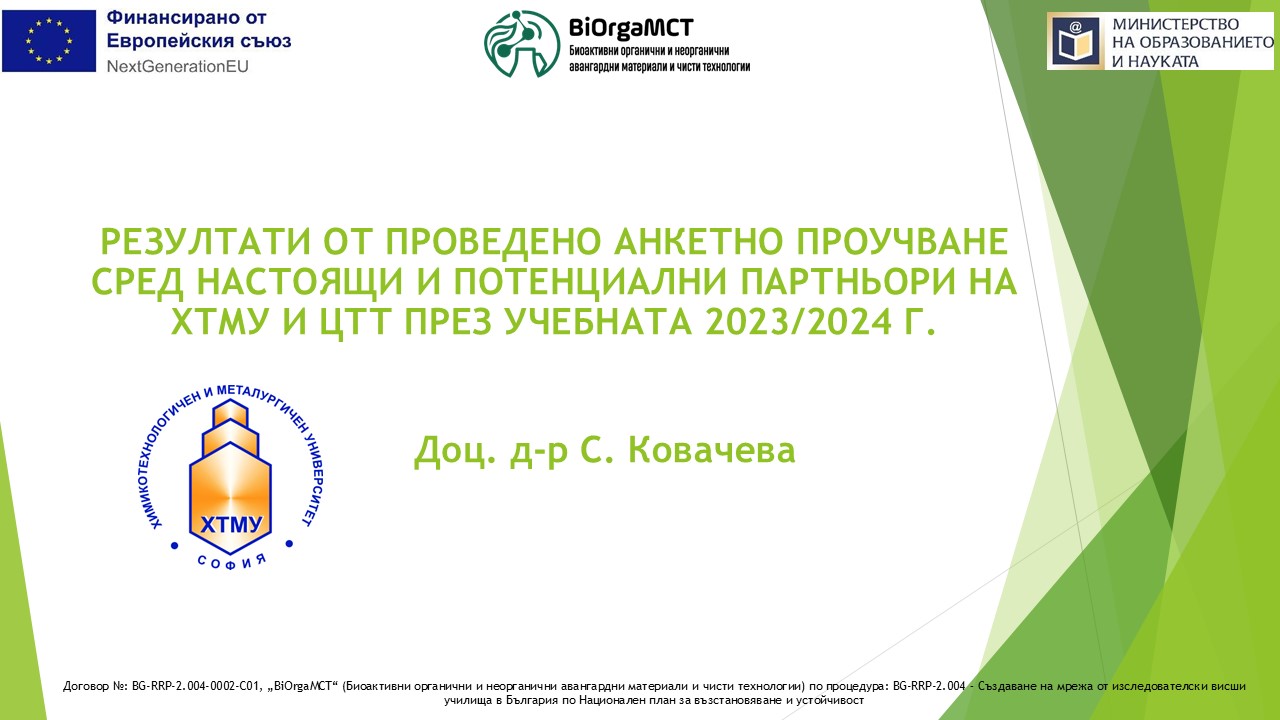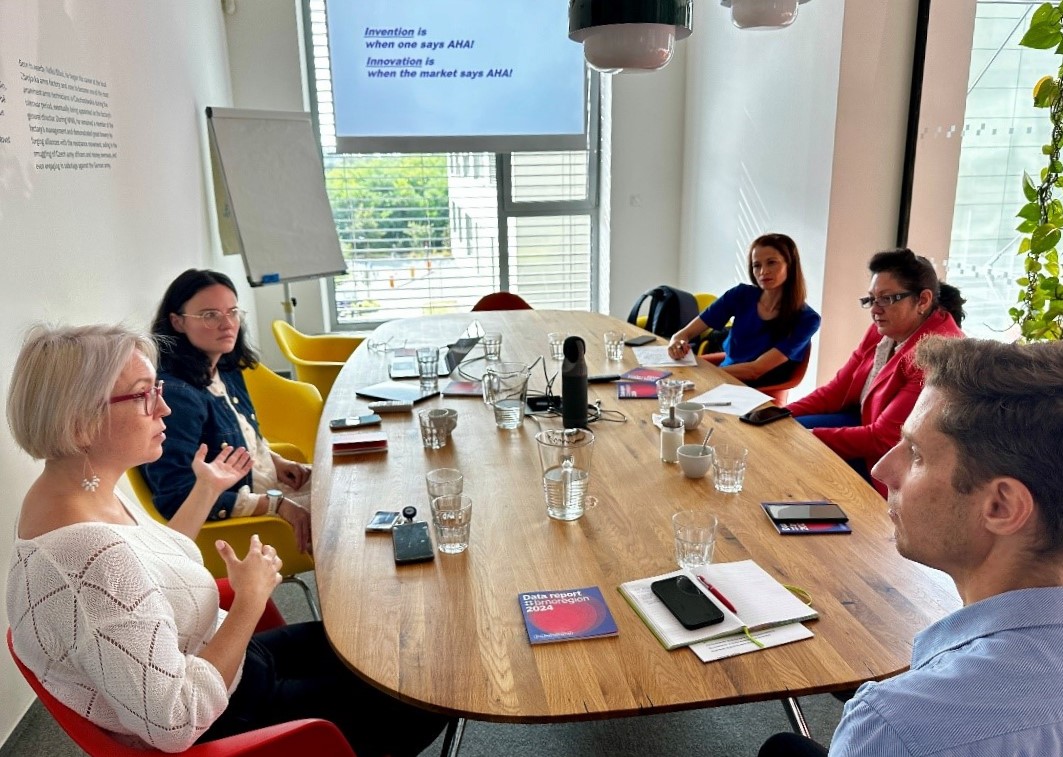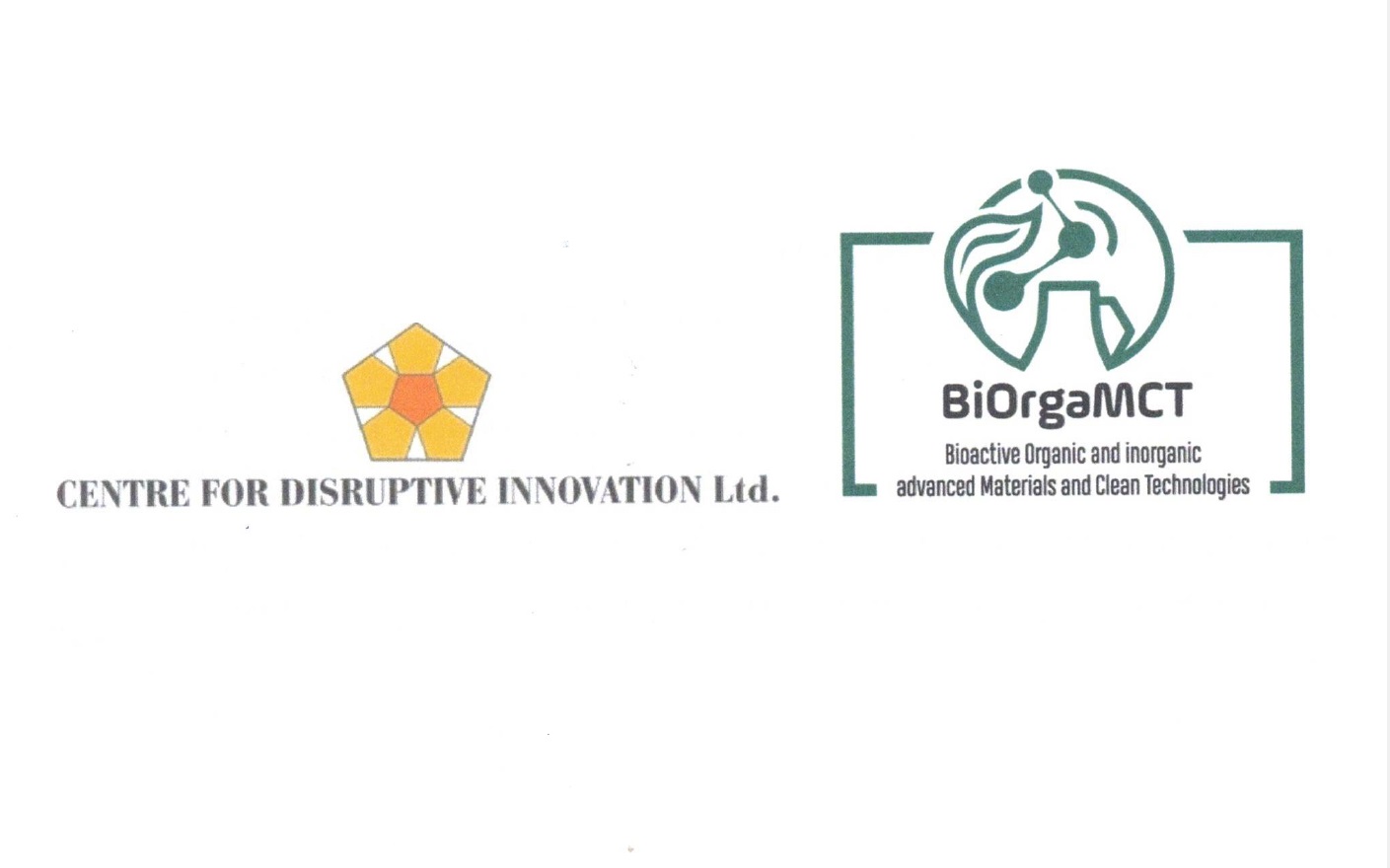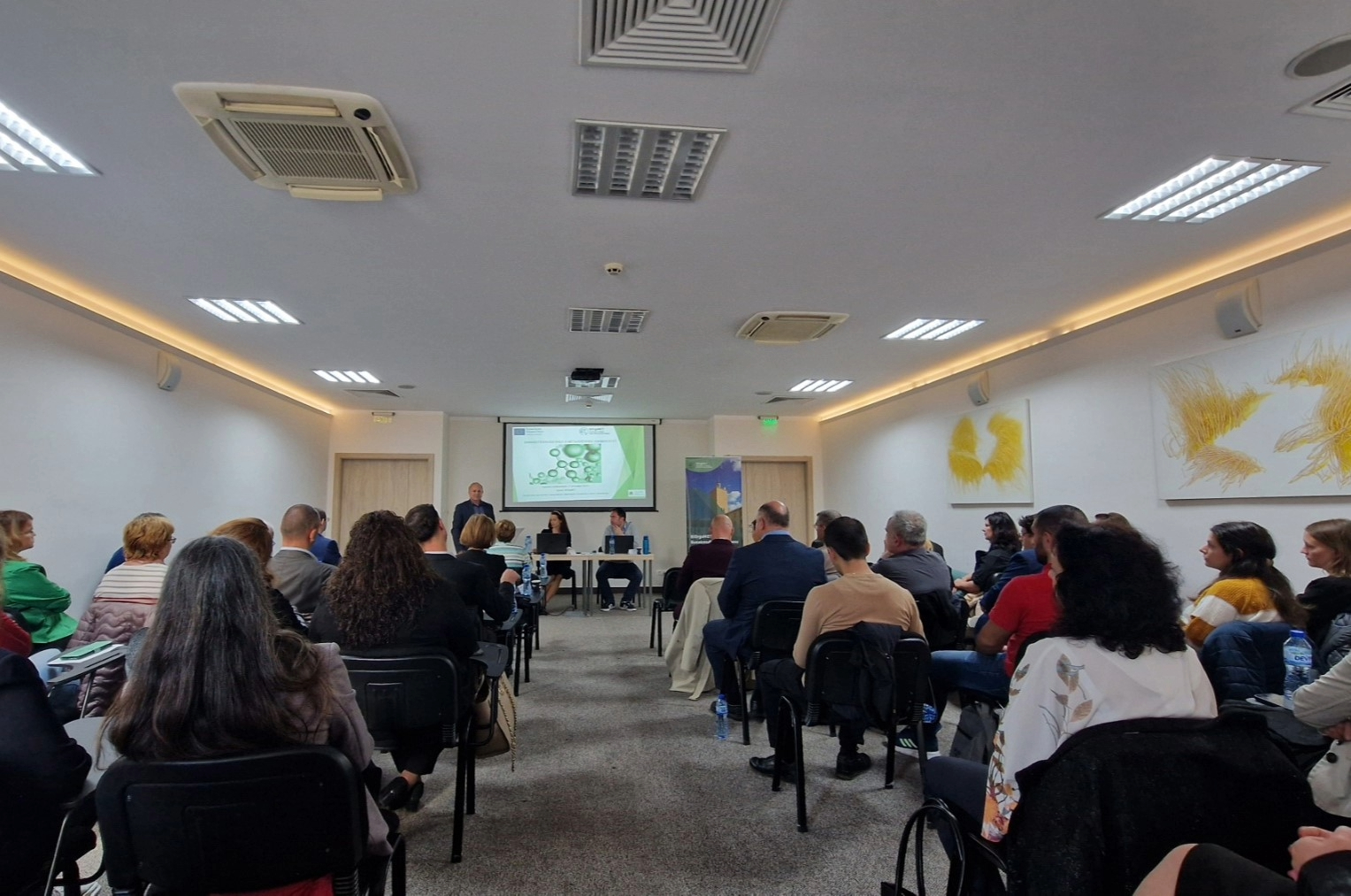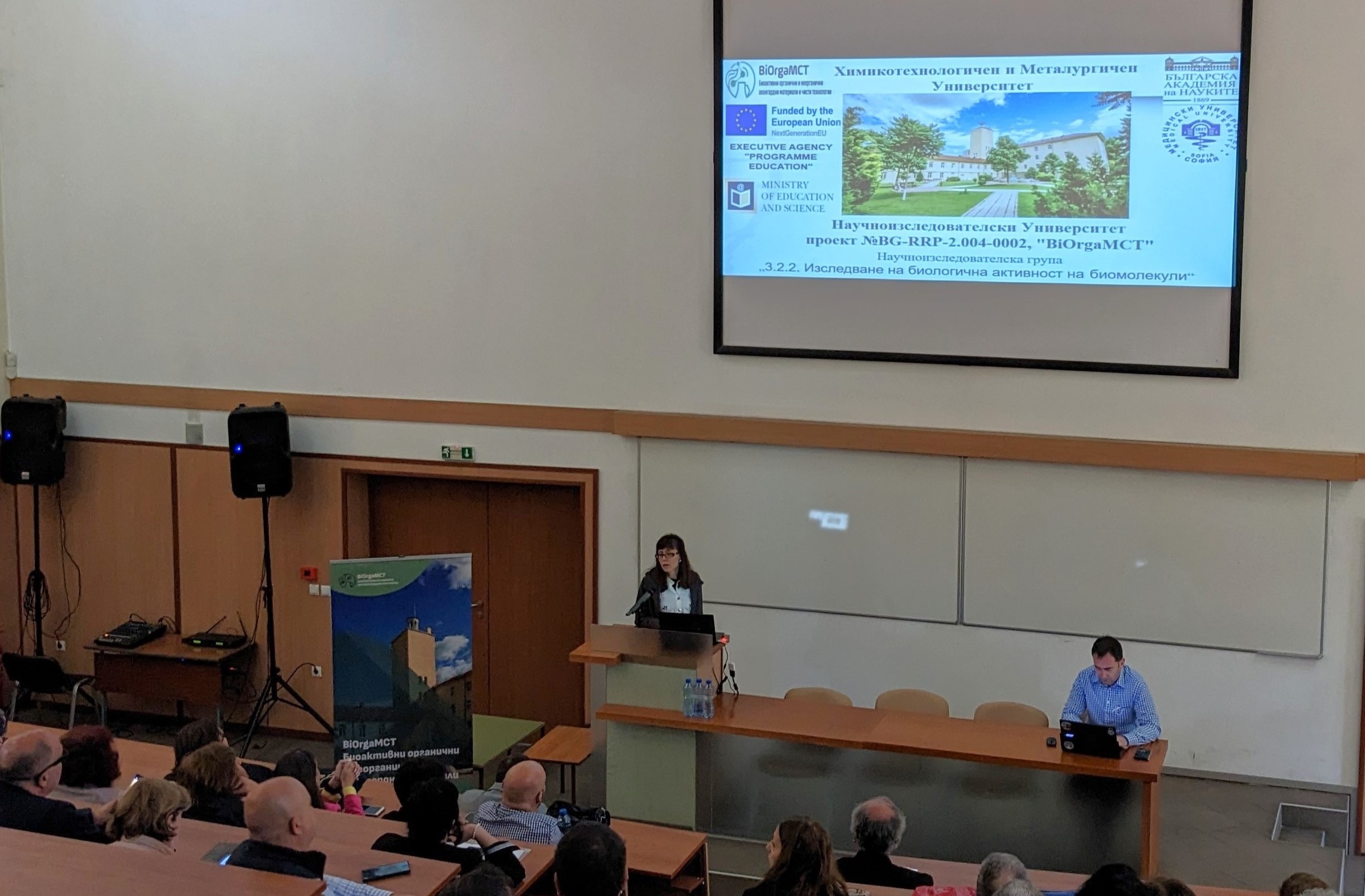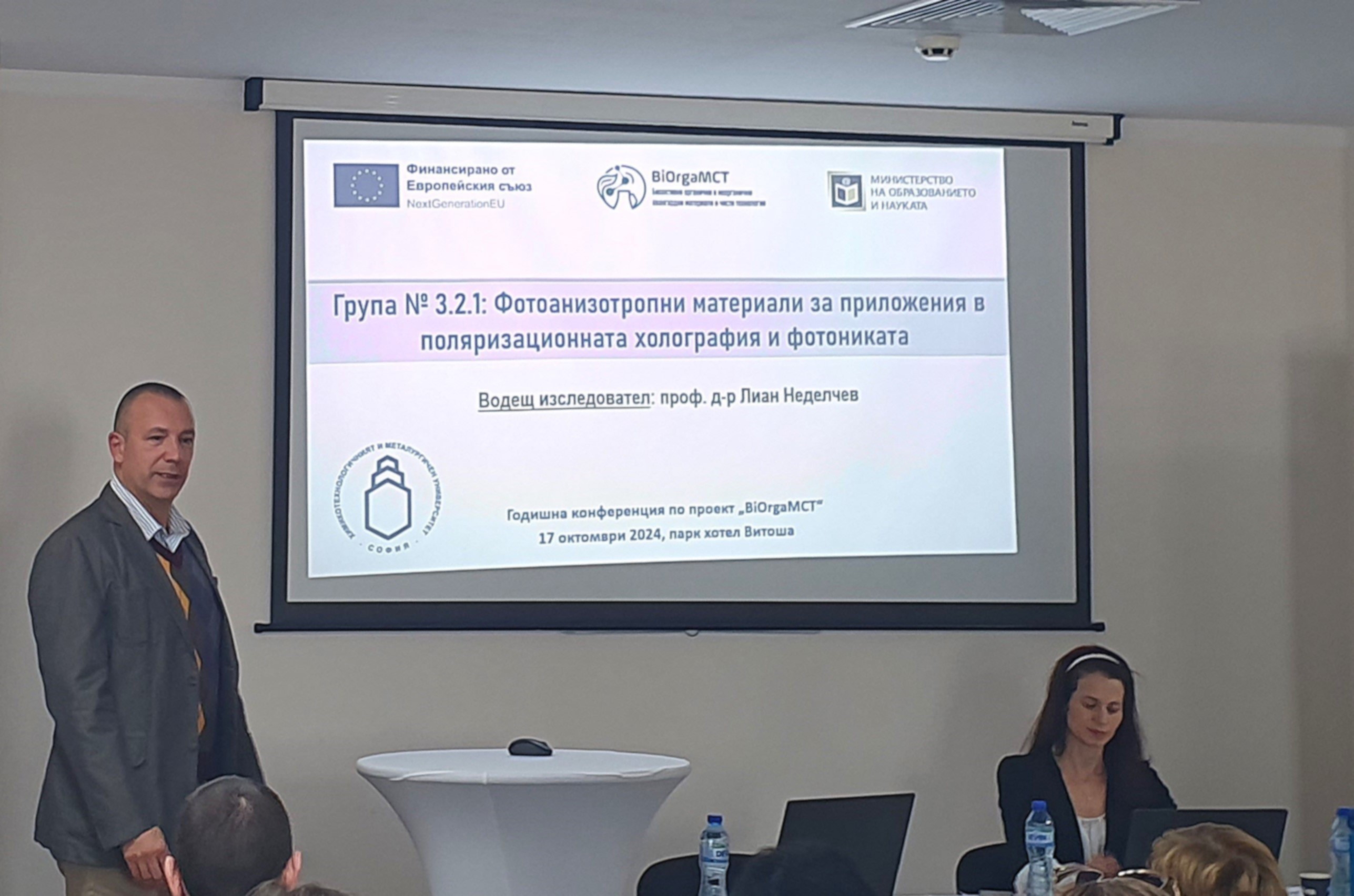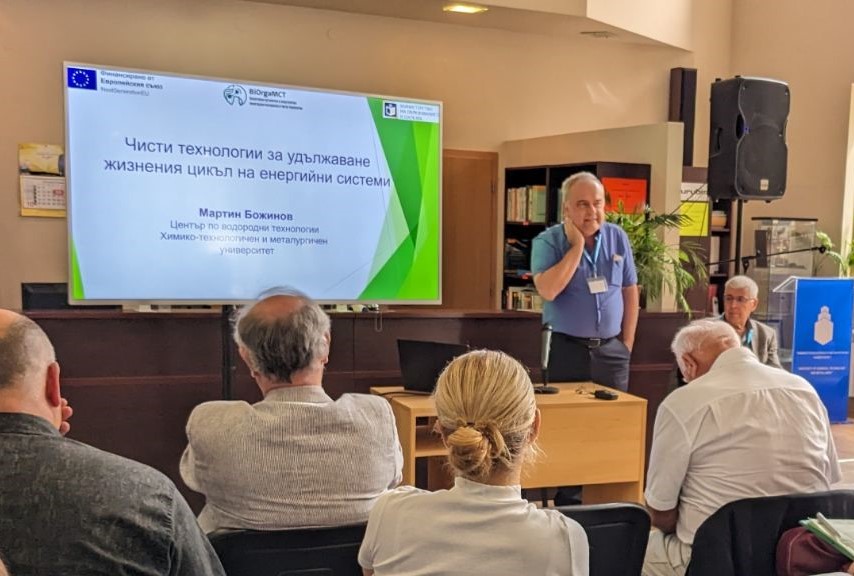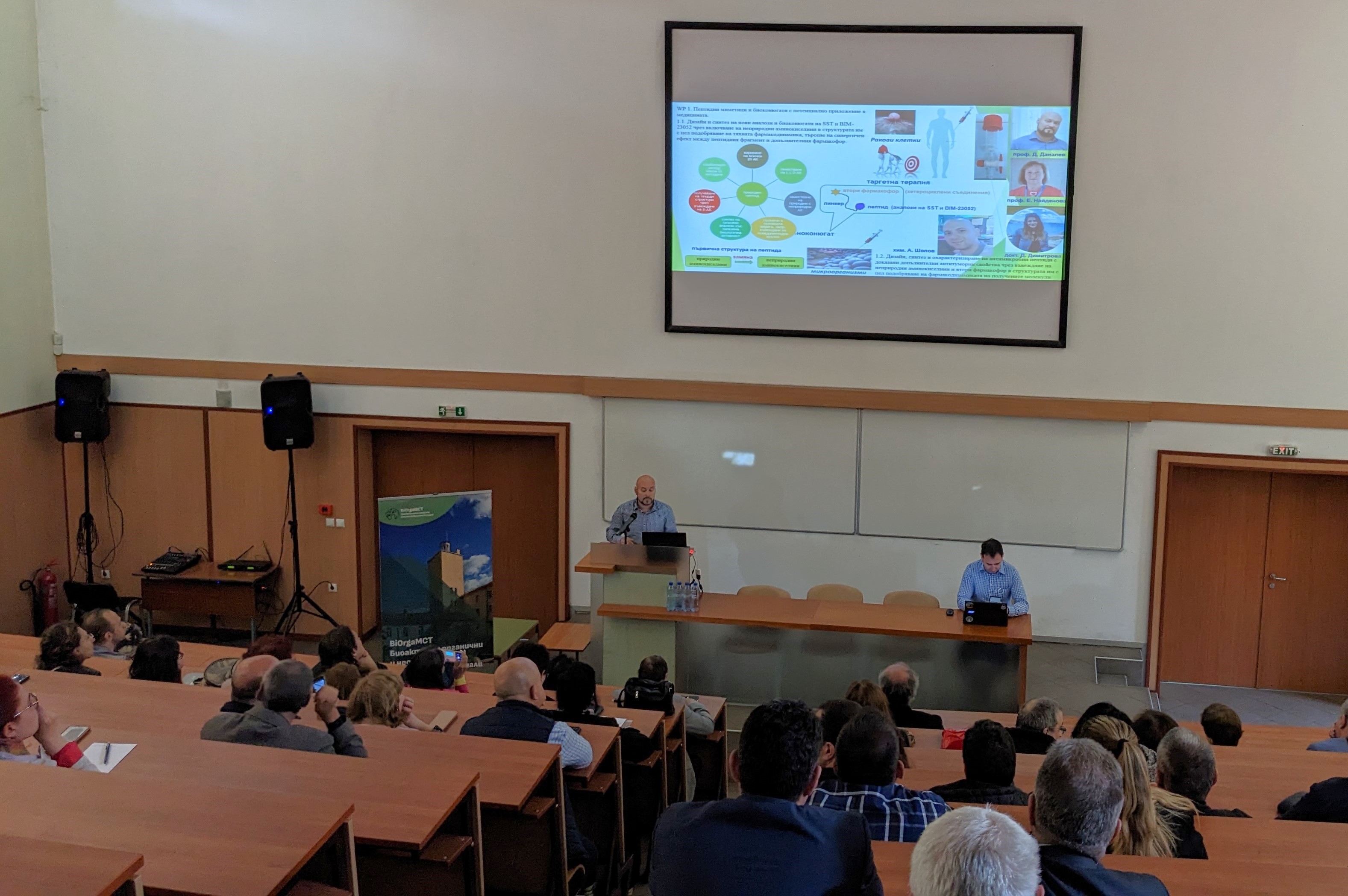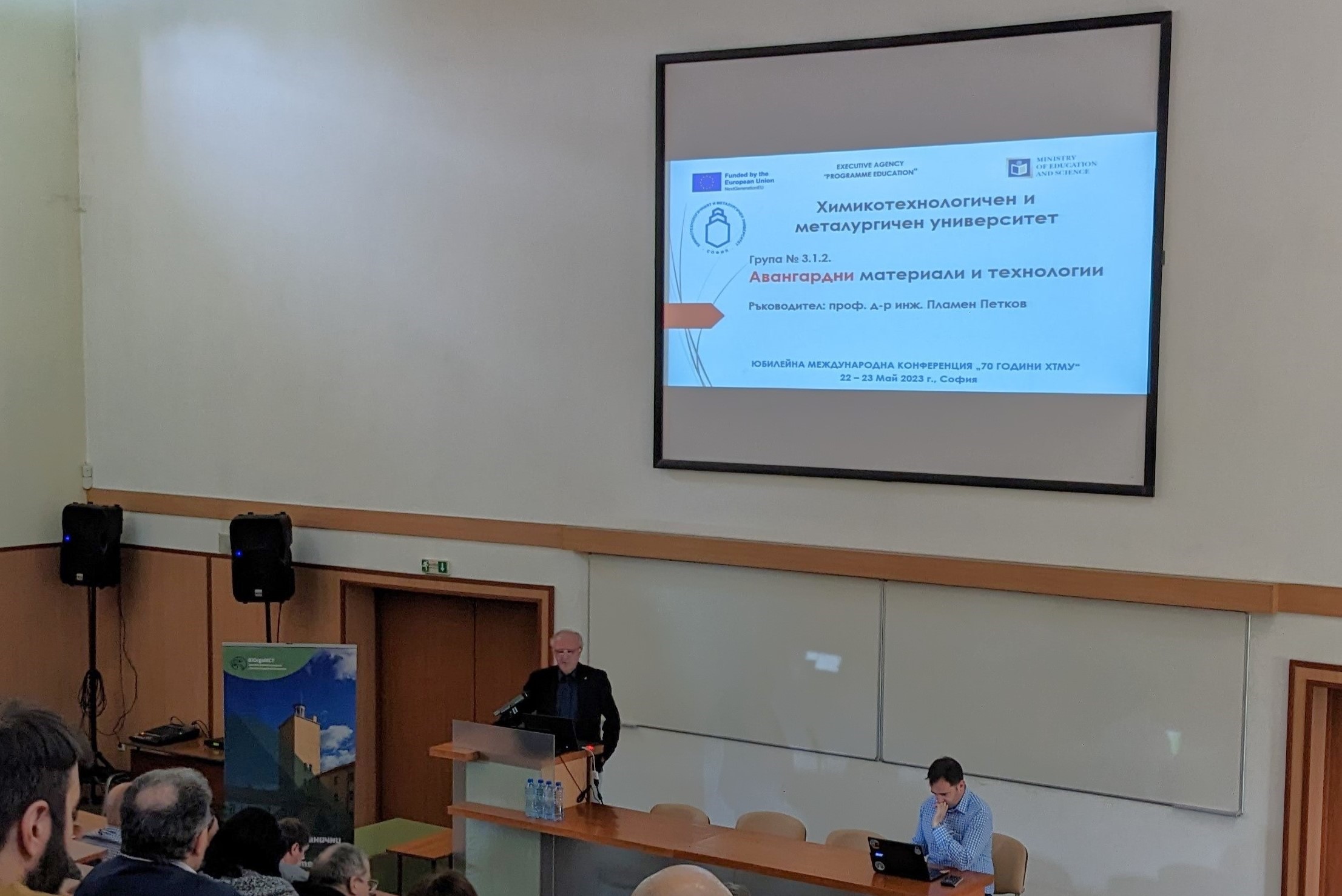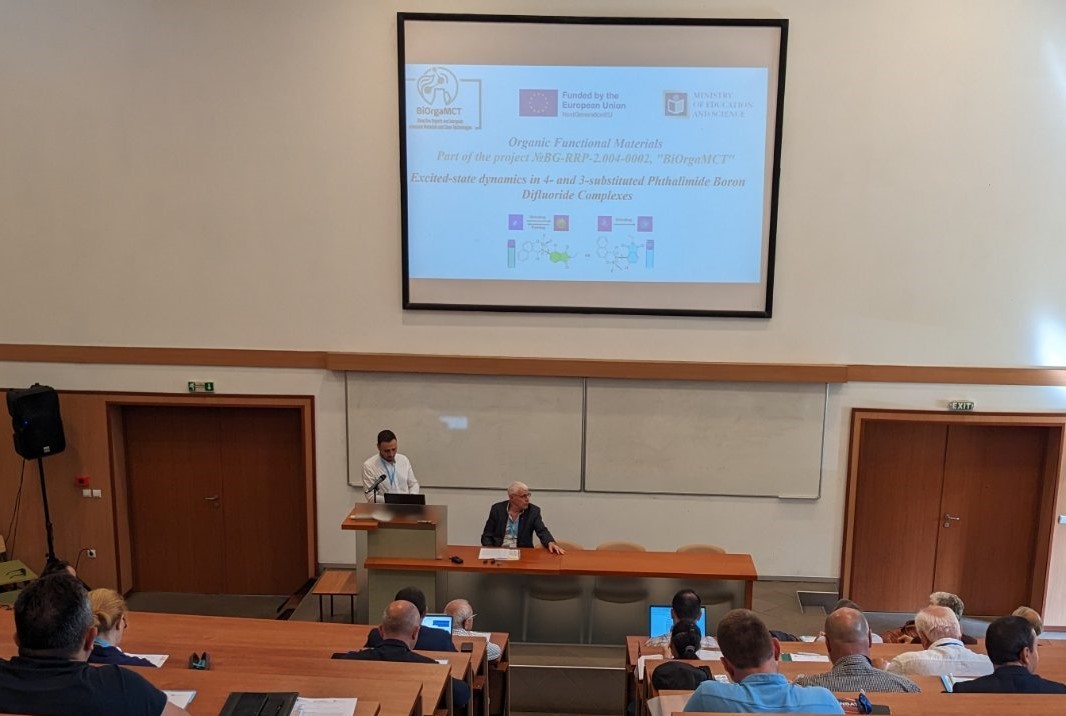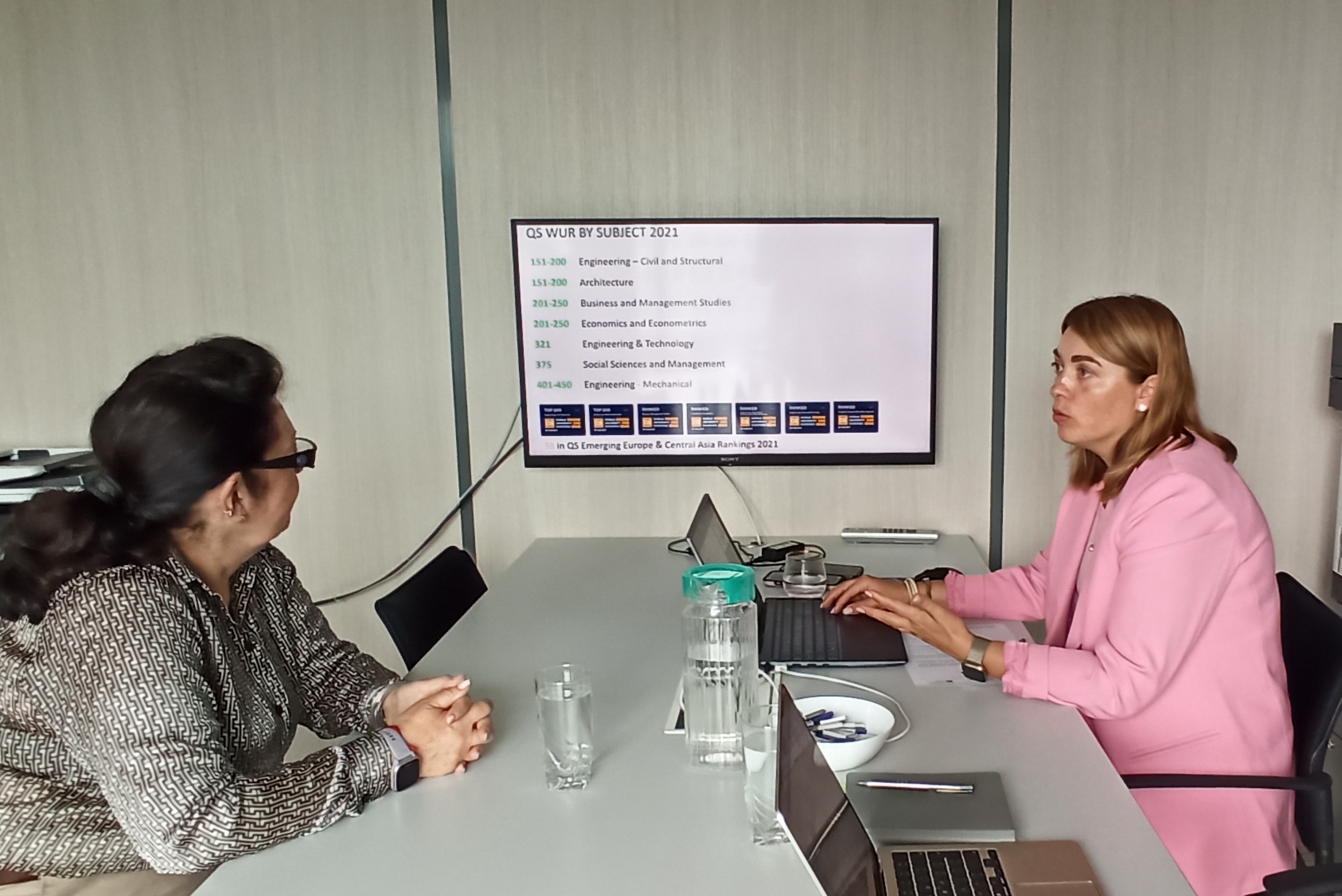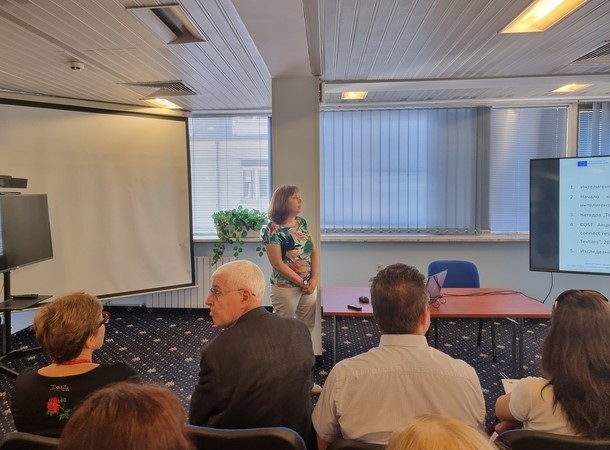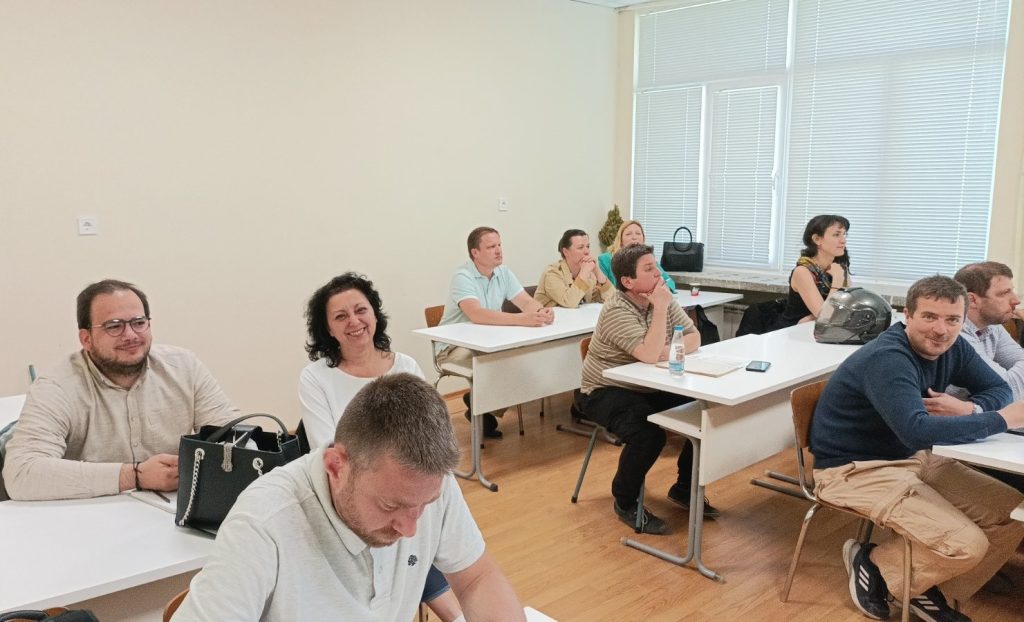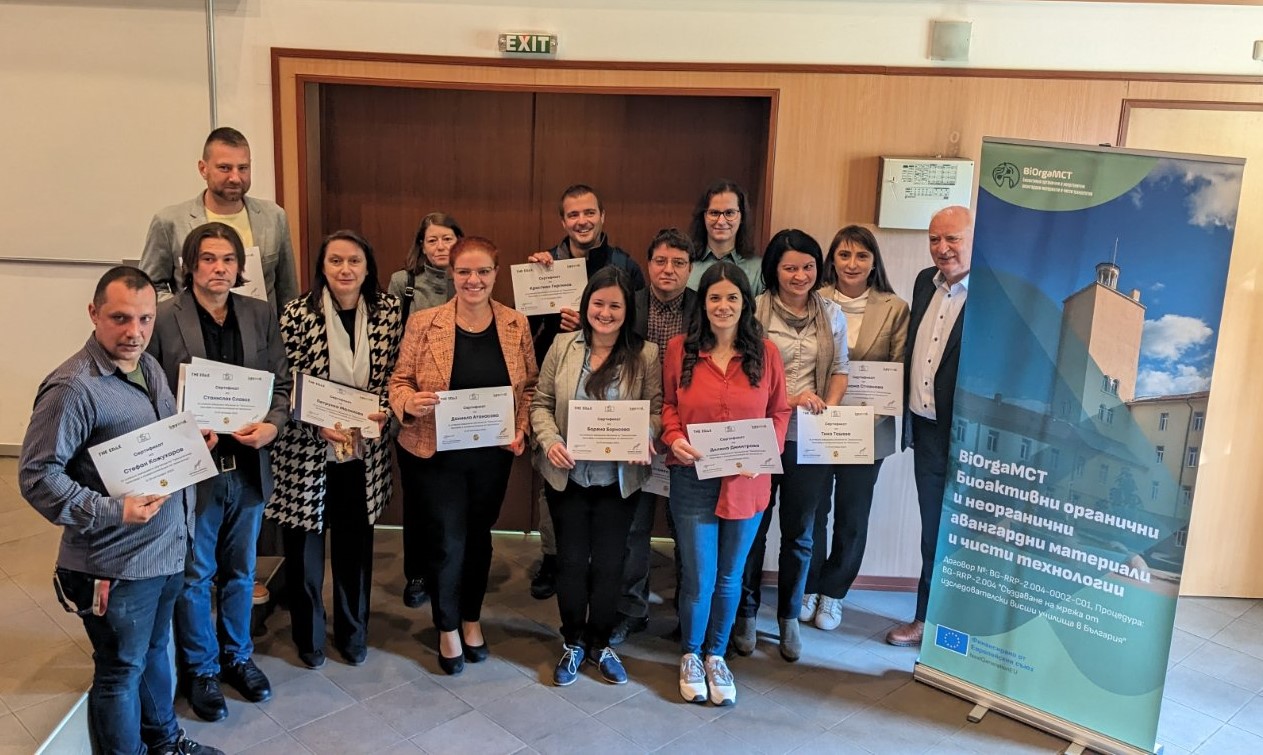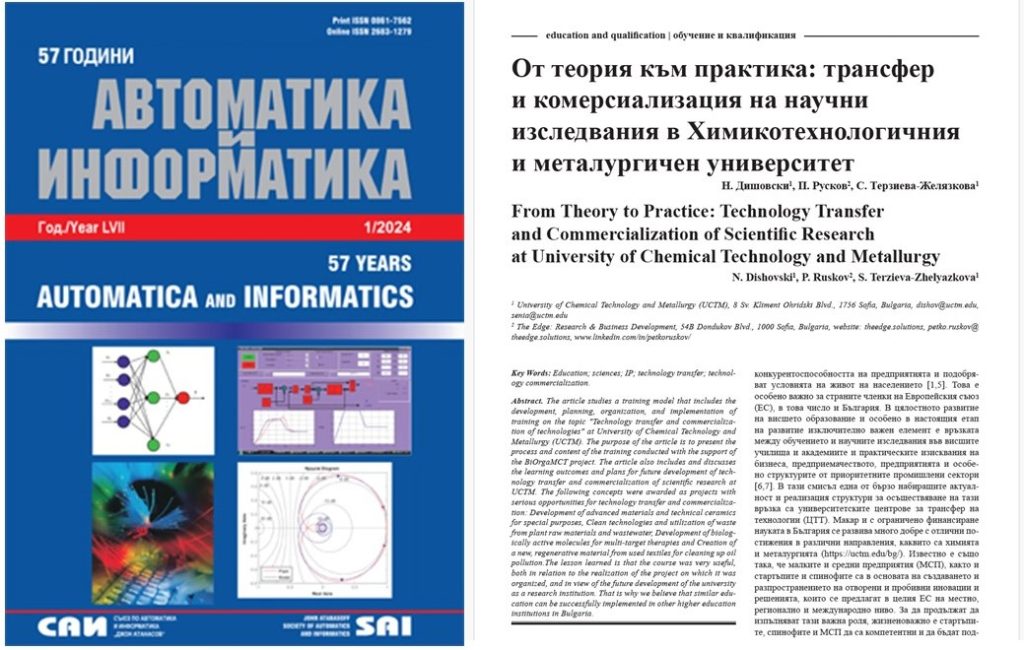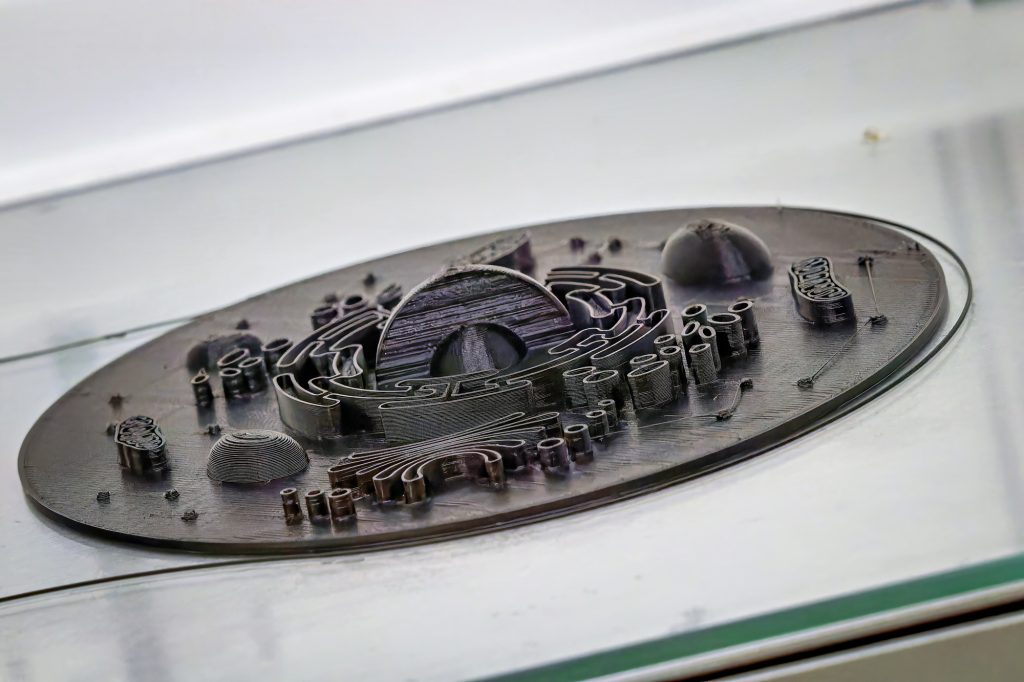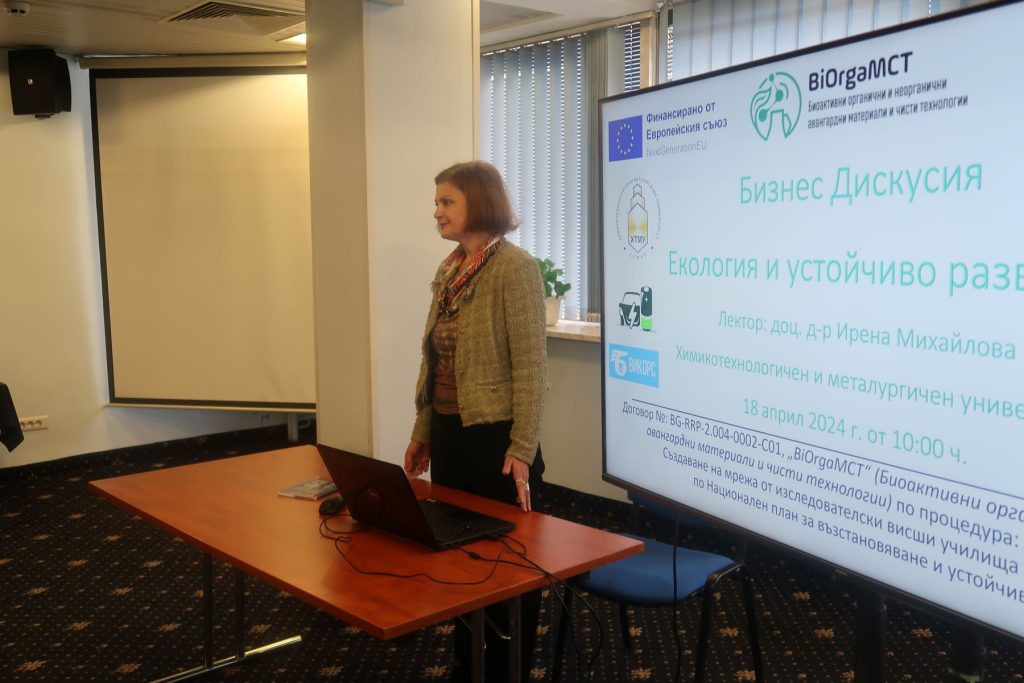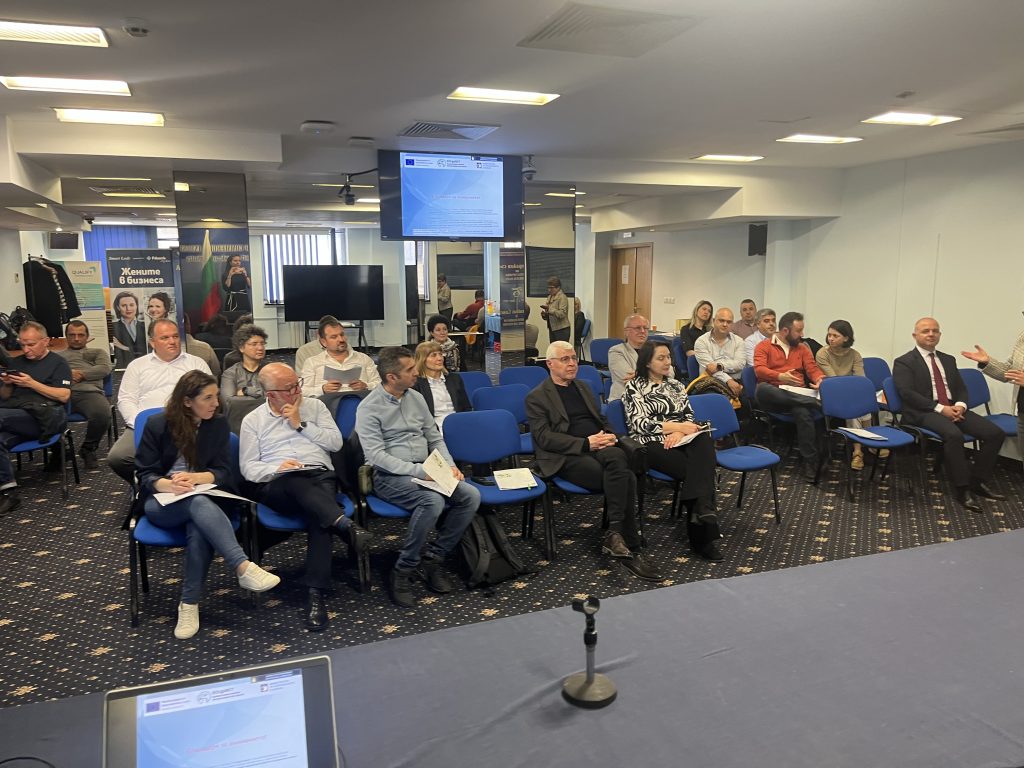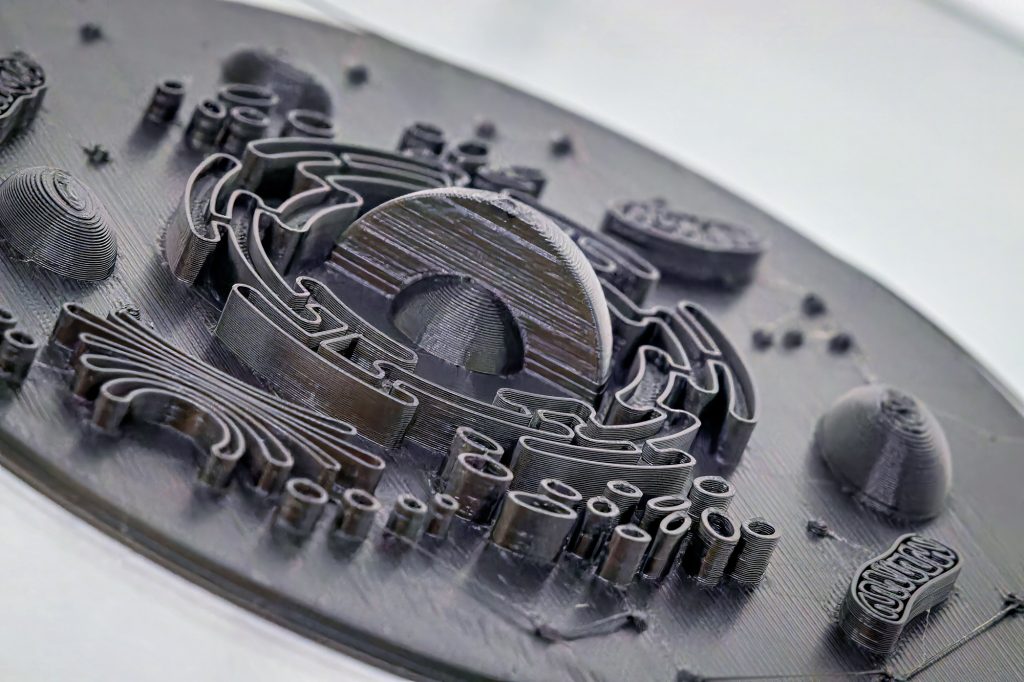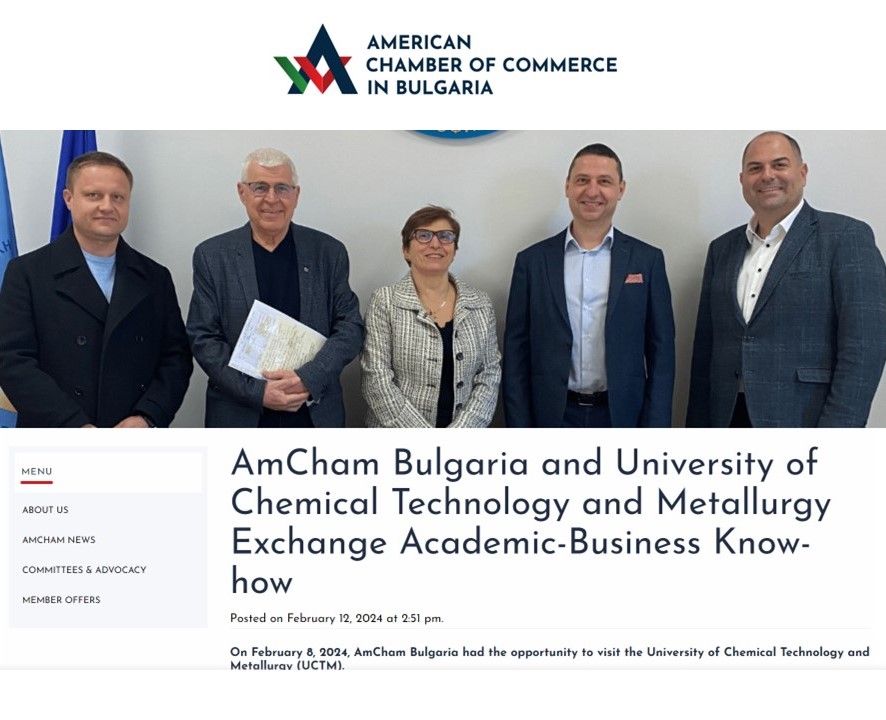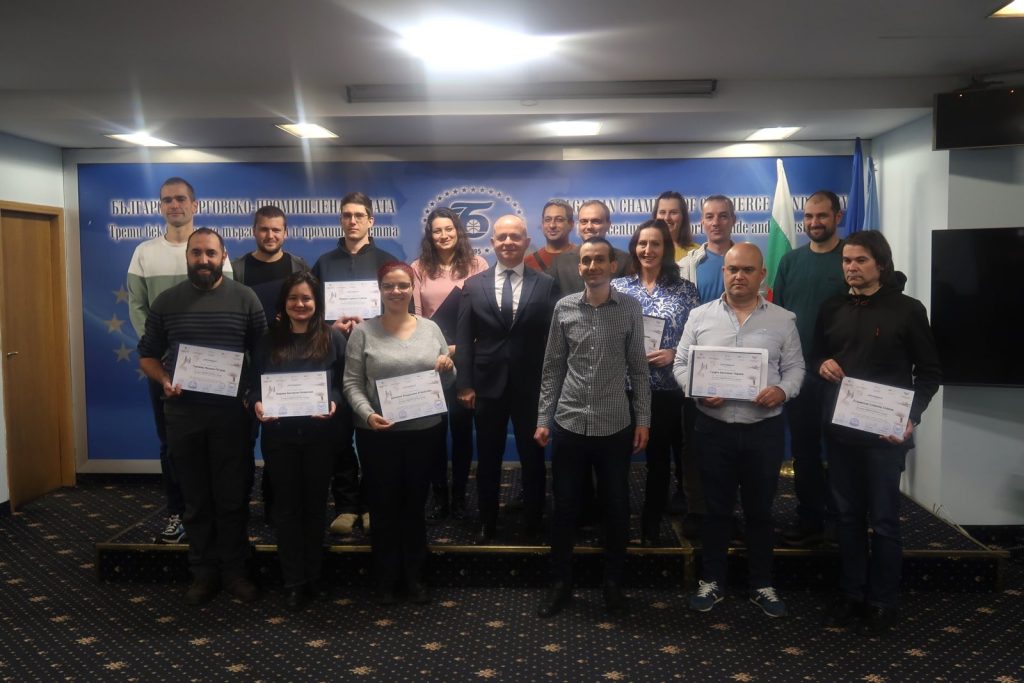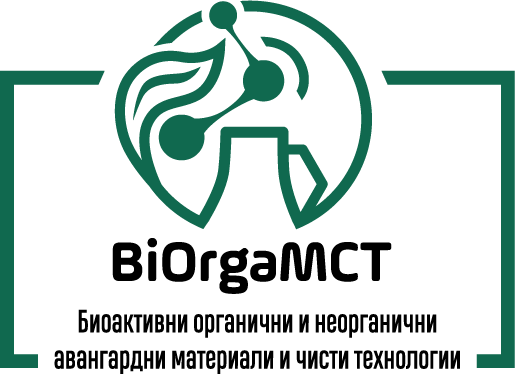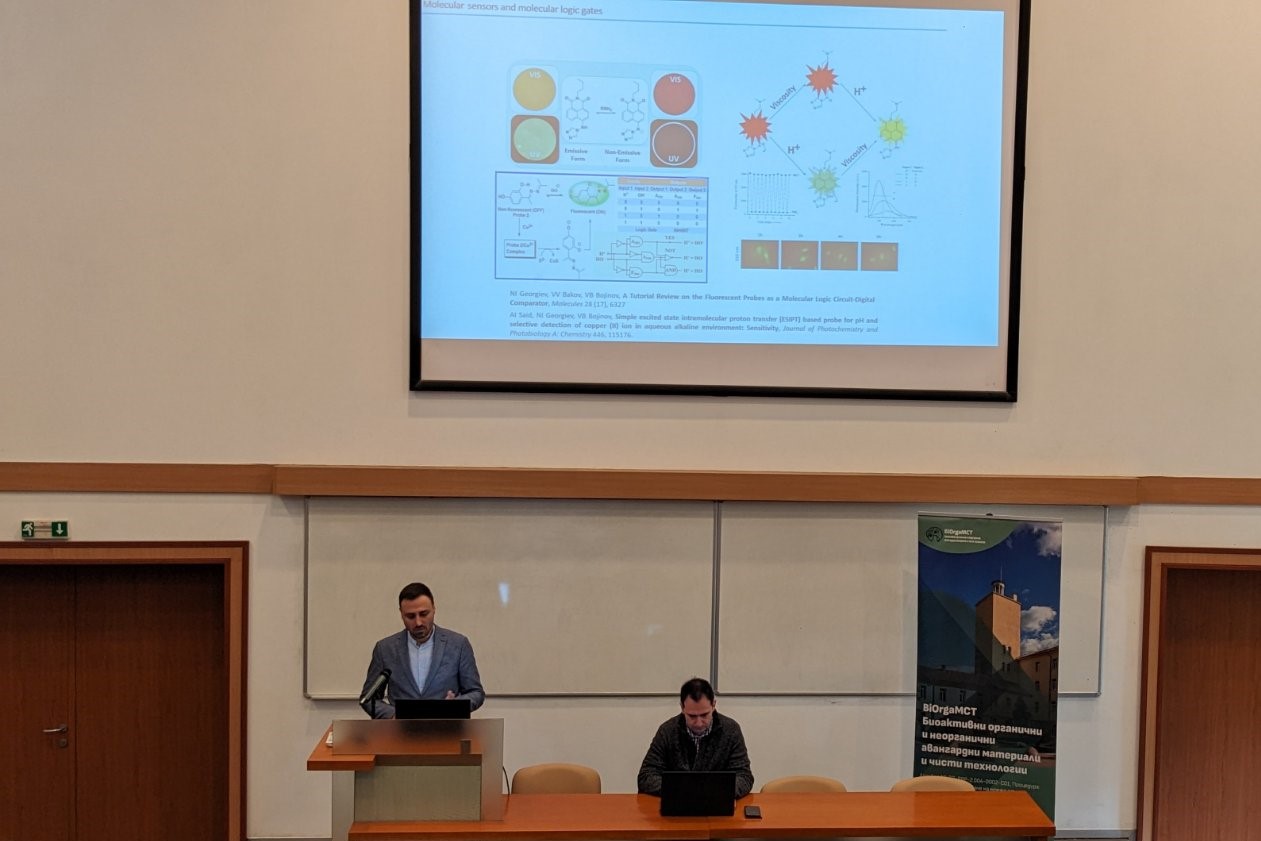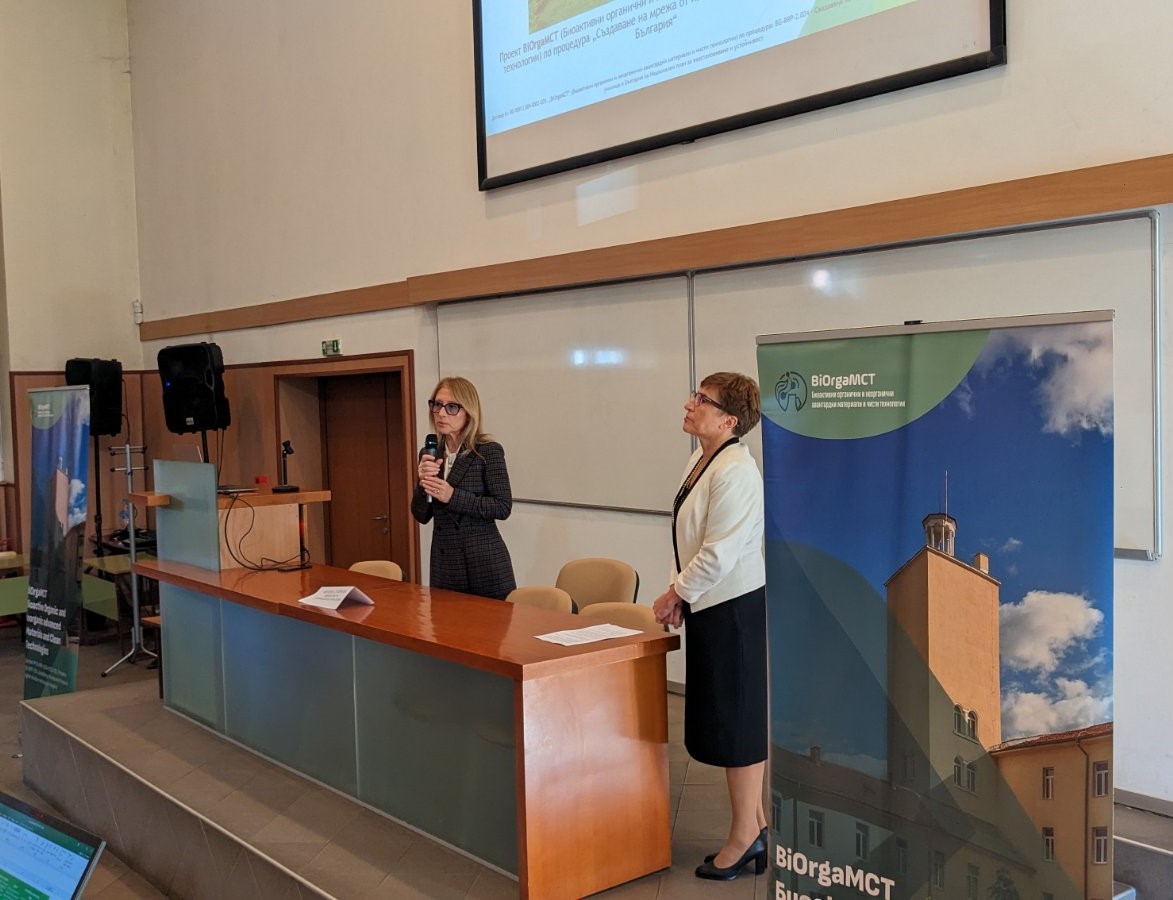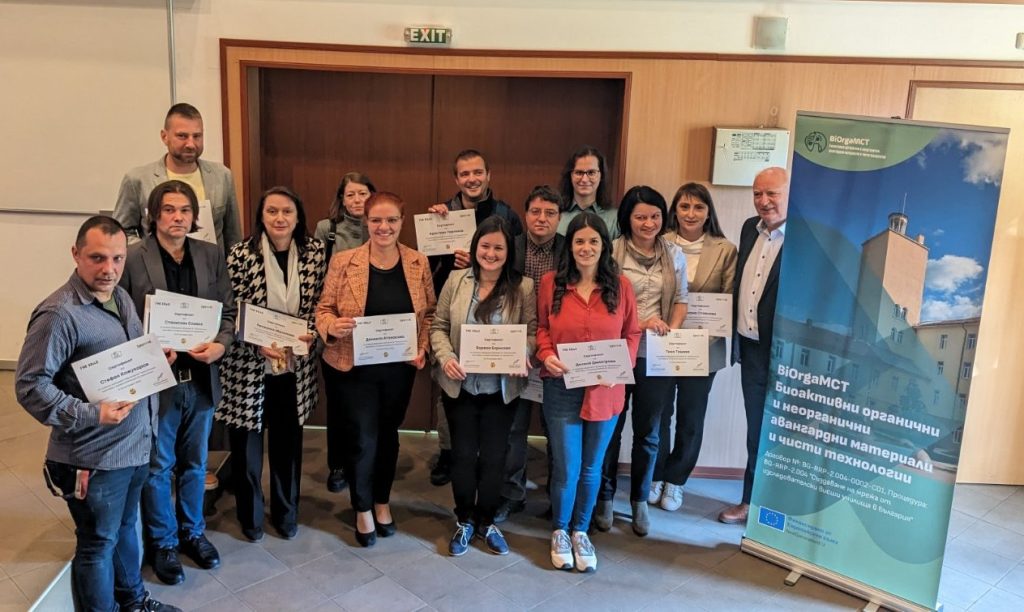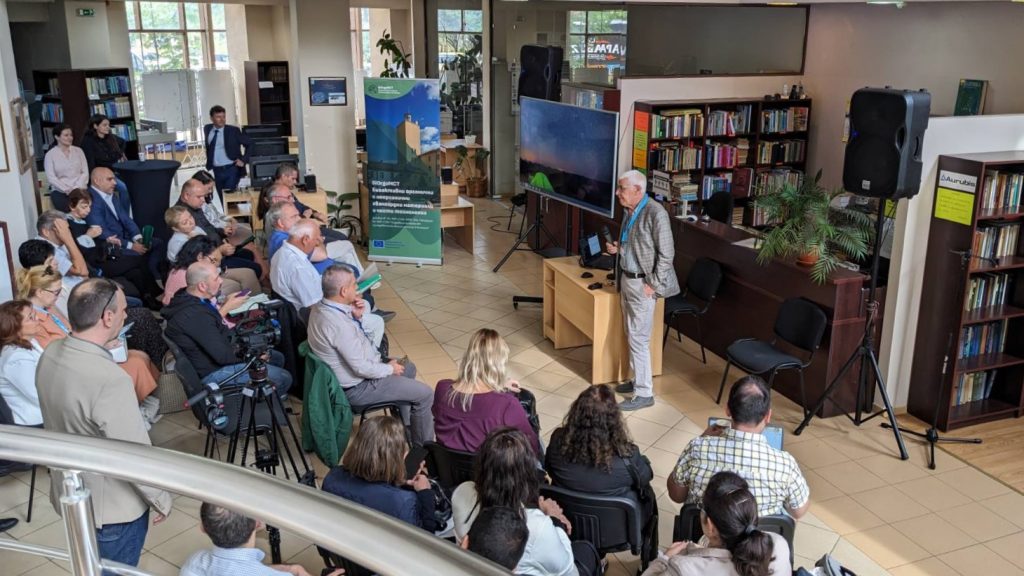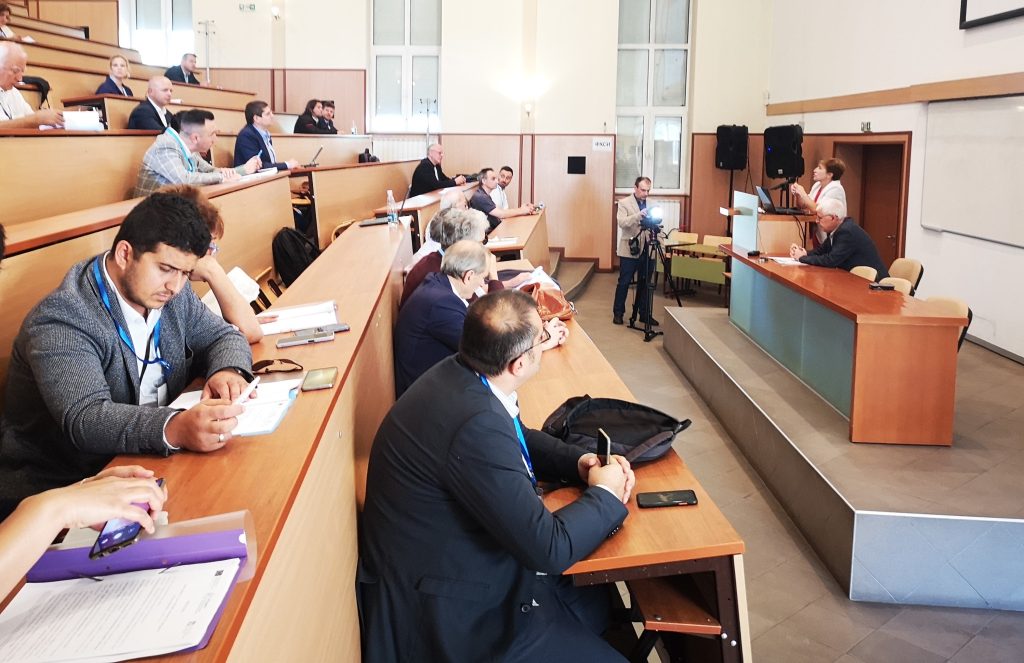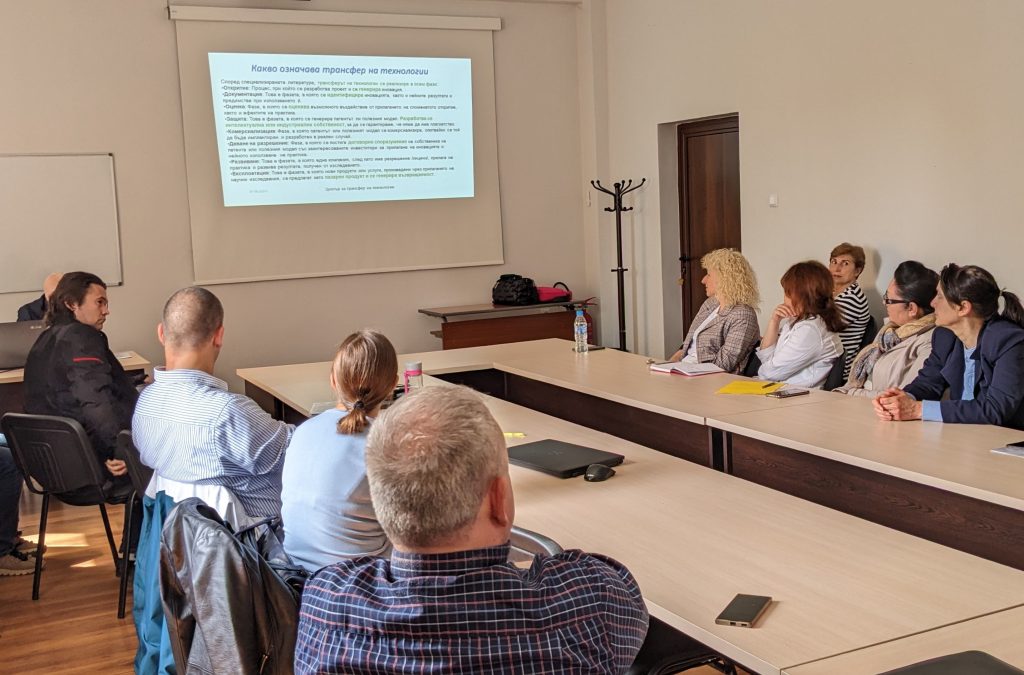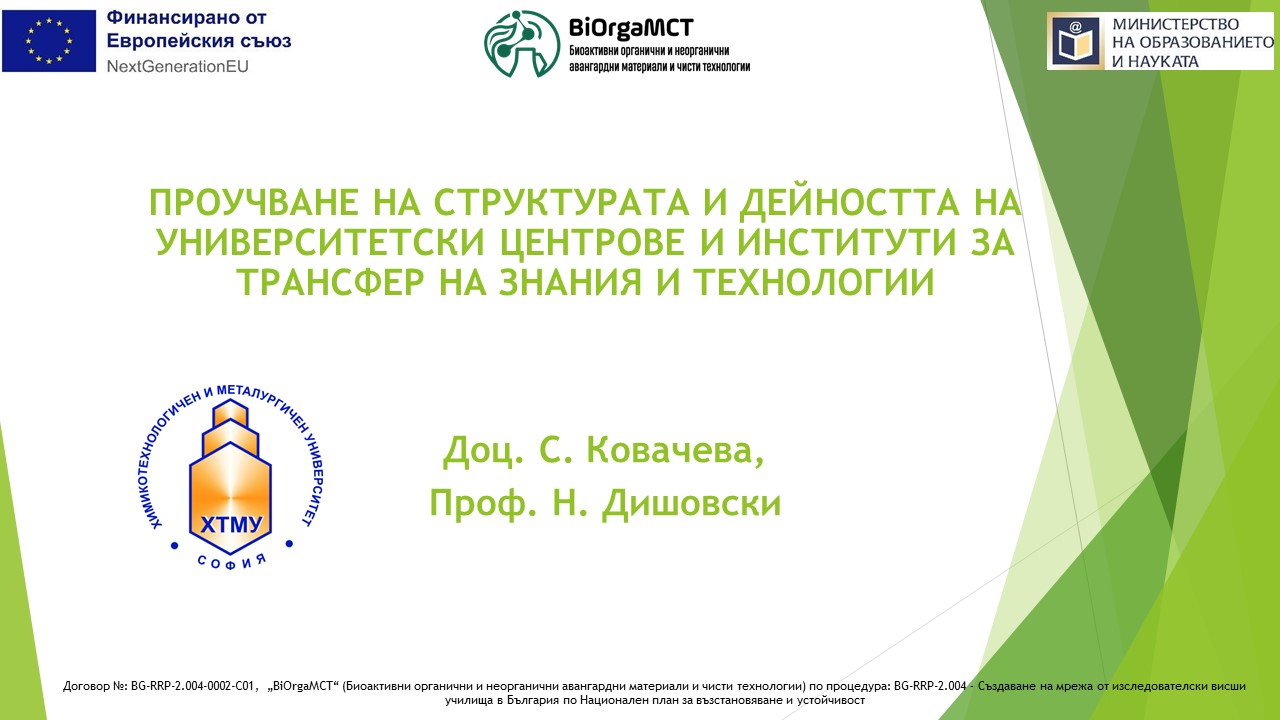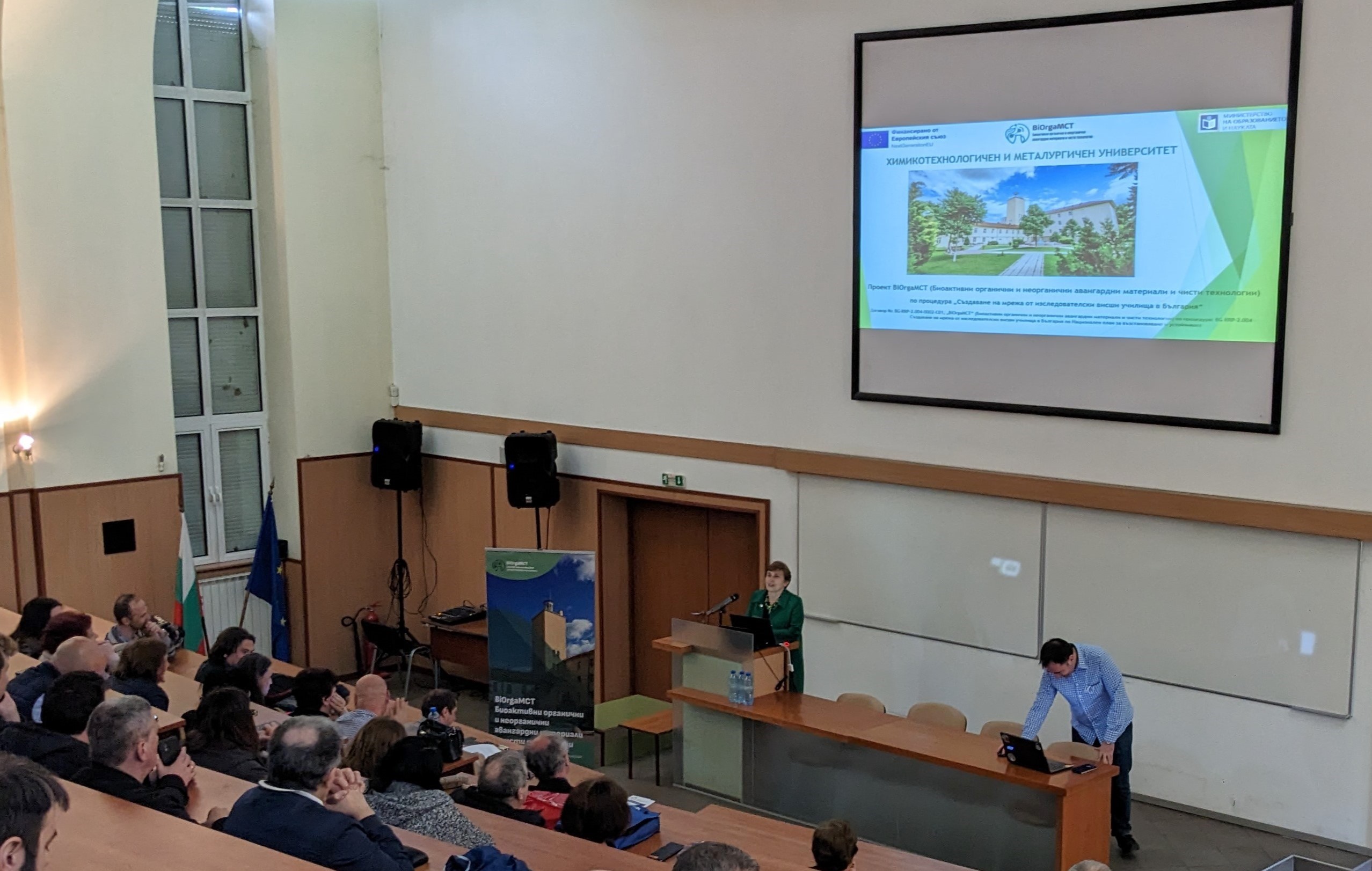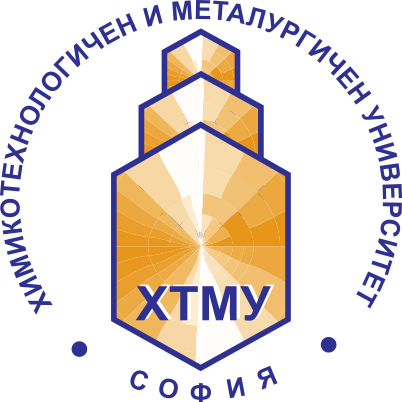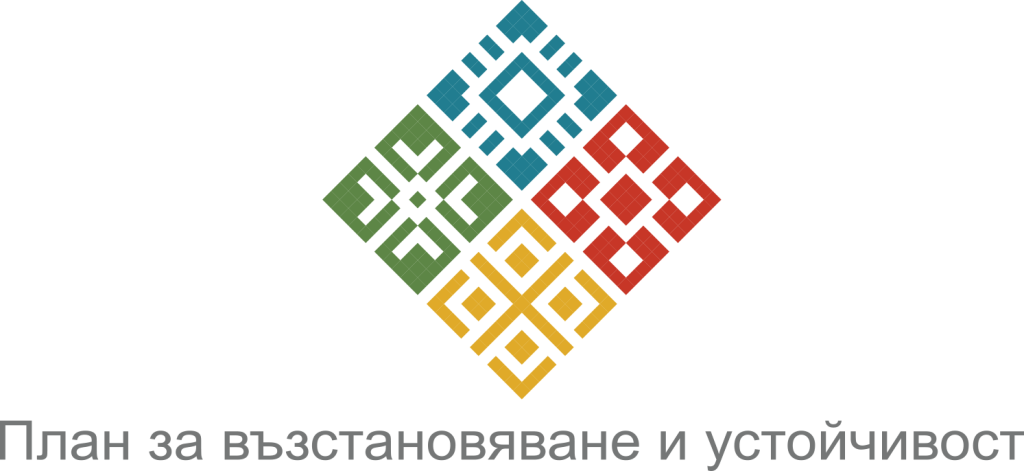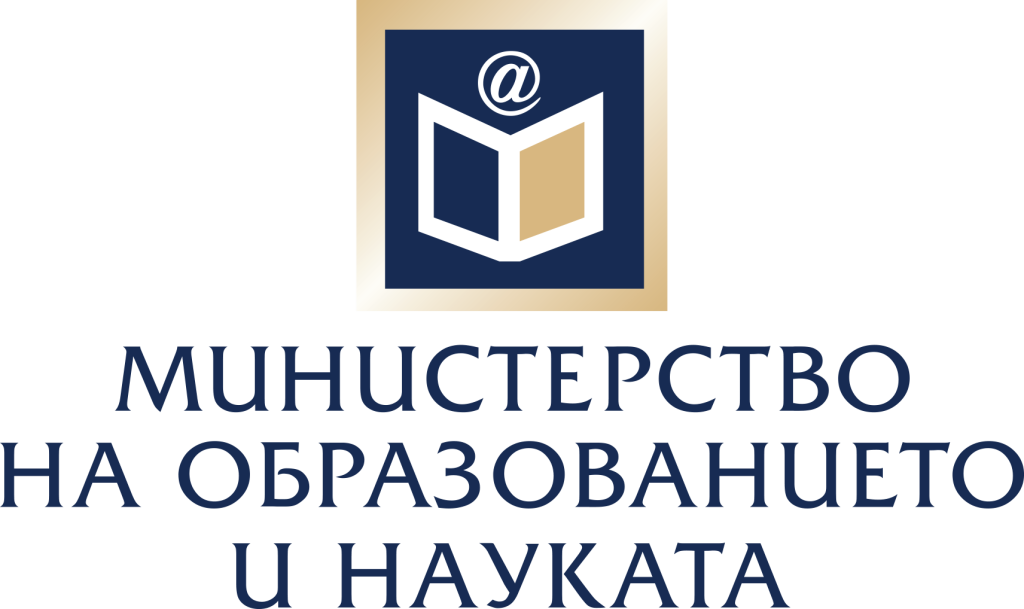The project, part of the framework agreement for collaborative activity between UCTM and Centre for Disruptive Innovation Ltd., has been completed
At the end of February 2025 was concluded the project part of the framework agreement for collaborative activity concluded between UCTM and Centre for Disruptive Innovation Ltd. Subject of the project was the “Investigation of the possibilities for using the nanocarbon product “Carban” in the production of tire treads, technical rubber products, in particular sealants, antistatic coatings, microwave absorbers, pads and insulating layers in antennas for wireless communications”.
Within the framework of the project, a joint scientific team was established, including researchers from the Paisii Hilendarski University of Plovdiv (also with the status of a research university). Their main task was to optimize the conditions for obtaining the nanocarbon product so that it would be most effective as a functional filler in elastomeric composites. On the other hand, the scientists from the UCTM conducted a number of studies in order to find the optimal applications of the Karban material. The results of the studies conducted show that the product “Karban” is most suitable for application in elastomeric composites for the production of microwave absorbers and antistatic coatings.
The results also prove that when used in light radial tires with an increase in the concentration of Carban, the rolling friction resistance of the tire is significantly reduced compared to the sample that does not contain Carban. This leads to lower fuel consumption and lower emissions of gases released into the atmosphere when using protectors with Carban in their composition. The results suggest that the use of Carban is particularly suitable in the production of summer tires. On the other hand, the use of the product in protectors for “green” tires is particularly suitable in the production of winter tires, since traction on snowy or icy roads is significantly improved in the presence of Carban. The results obtained show that the abrasion resistance of green tires is significantly improved in the presence of Carban, and in terms of dynamic characteristics, its inclusion in the compounds for protectors has a positive effect in many cases and will have a favorable effect on the behavior of the tread.
The research work of the project, led by Prof. Nikolay Dishovski, is jointly funded by Centre for disruptive innovation Ltd. and University of Chemical Technology and Metallurgy, which finances 50% of the development through means from the budget of the Centre for Technology Transfer under Contract No.: BG-RRP-2.004-0002, “BiOrgaMCT” under procedure: BG-RRP-2.004 – “Establishment of a network of research universities in Bulgaria” under the National Plan for Recovery and Sustainability.
In connection with the results of the research work under the co-funded contract, a utility model, a parallel patent and a registered trademark were applied for at the Patent Office of the Republic of Bulgaria, and as of July 2025, the utility model was officially registered with a certificate from the Bulgarian Patent Office.
At the end of February 2025 was concluded the project part of the framework agreement for collaborative activity concluded between UCTM and Centre for Disruptive Innovation Ltd. Subject of the project was the “Investigation of the possibilities for using the nanocarbon product “Carban” in the production of tire treads, technical rubber products, in particular sealants, antistatic coatings, microwave absorbers, pads and insulating layers in antennas for wireless communications”.
Within the framework of the project, a joint scientific team was established, including researchers from the Paisii Hilendarski University of Plovdiv (also with the status of a research university). Their main task was to optimize the conditions for obtaining the nanocarbon product so that it would be most effective as a functional filler in elastomeric composites. On the other hand, the scientists from the UCTM conducted a number of studies in order to find the optimal applications of the Karban material. The results of the studies conducted show that the product “Karban” is most suitable for application in elastomeric composites for the production of microwave absorbers and antistatic coatings.
The results also prove that when used in light radial tires with an increase in the concentration of Carban, the rolling friction resistance of the tire is significantly reduced compared to the sample that does not contain Carban. This leads to lower fuel consumption and lower emissions of gases released into the atmosphere when using protectors with Carban in their composition. The results suggest that the use of Carban is particularly suitable in the production of summer tires. On the other hand, the use of the product in protectors for “green” tires is particularly suitable in the production of winter tires, since traction on snowy or icy roads is significantly improved in the presence of Carban. The results obtained show that the abrasion resistance of green tires is significantly improved in the presence of Carban, and in terms of dynamic characteristics, its inclusion in the compounds for protectors has a positive effect in many cases and will have a favorable effect on the behavior of the tread.
The research work of the project, led by Prof. Nikolay Dishovski, is jointly funded by Centre for disruptive innovation Ltd. and University of Chemical Technology and Metallurgy, which finances 50% of the development through means from the budget of the Centre for Technology Transfer under Contract No.: BG-RRP-2.004-0002, “BiOrgaMCT” under procedure: BG-RRP-2.004 – “Establishment of a network of research universities in Bulgaria” under the National Plan for Recovery and Sustainability.
In connection with the results of the research work under the co-funded contract, a utility model, a parallel patent and a registered trademark were applied for at the Patent Office of the Republic of Bulgaria, and as of July 2025, the utility model was officially registered with a certificate from the Bulgarian Patent Office.


